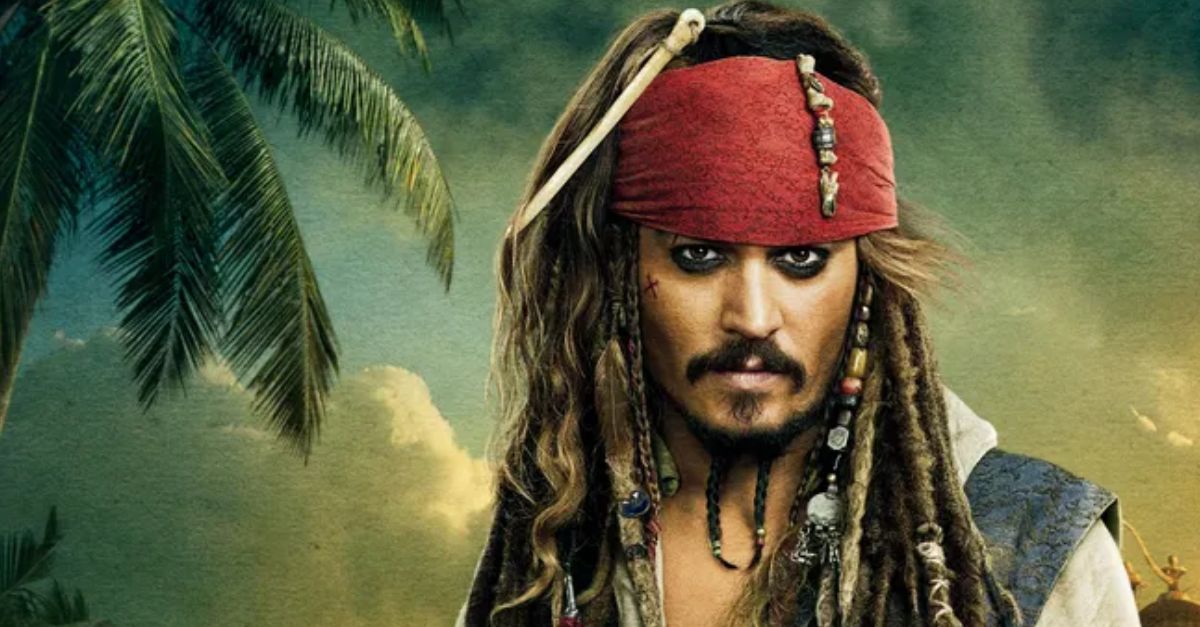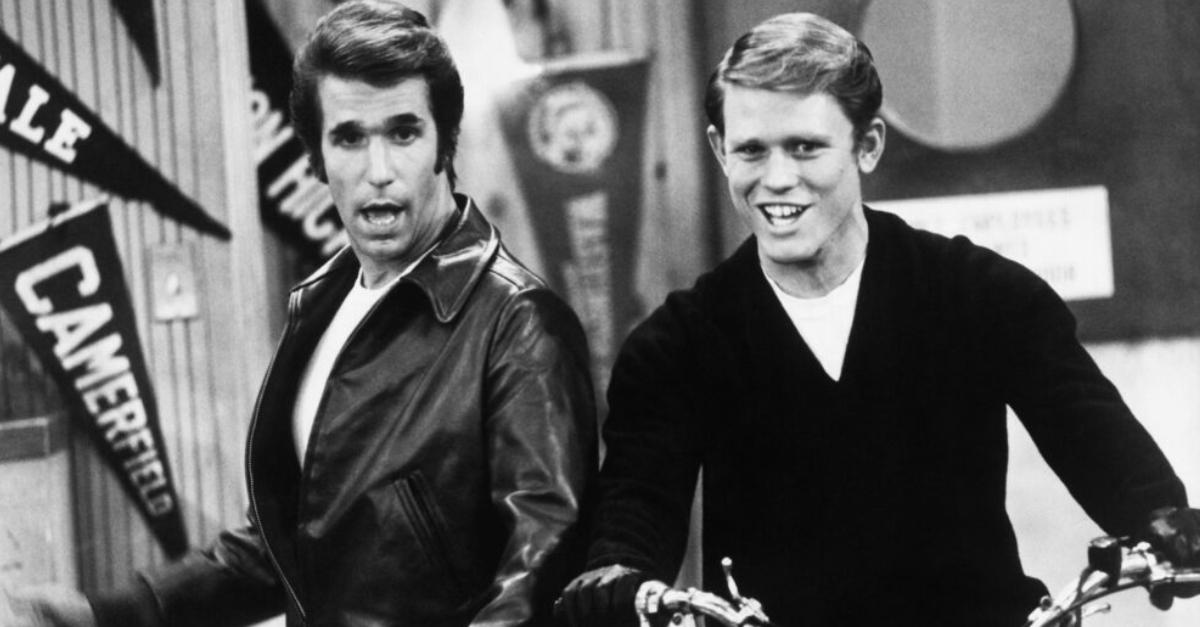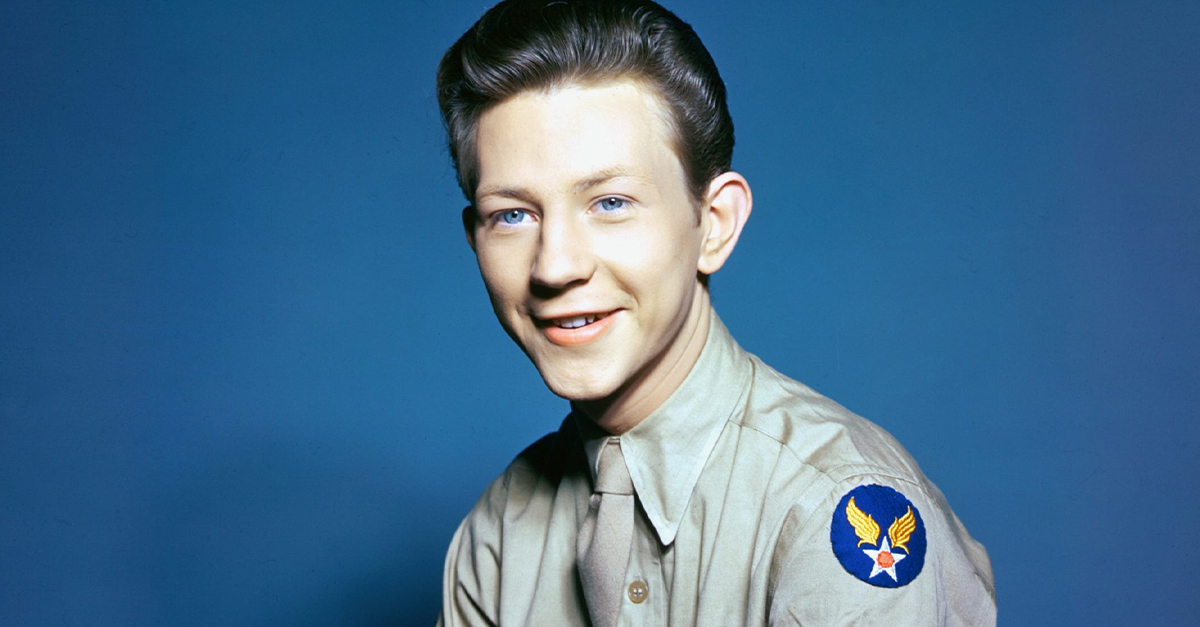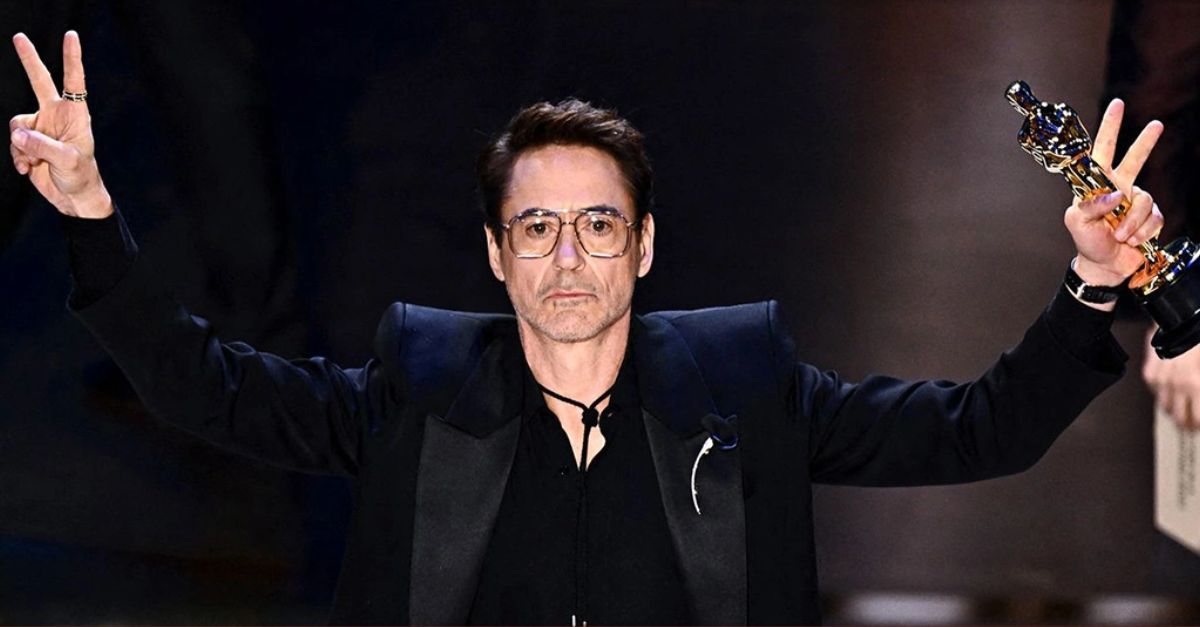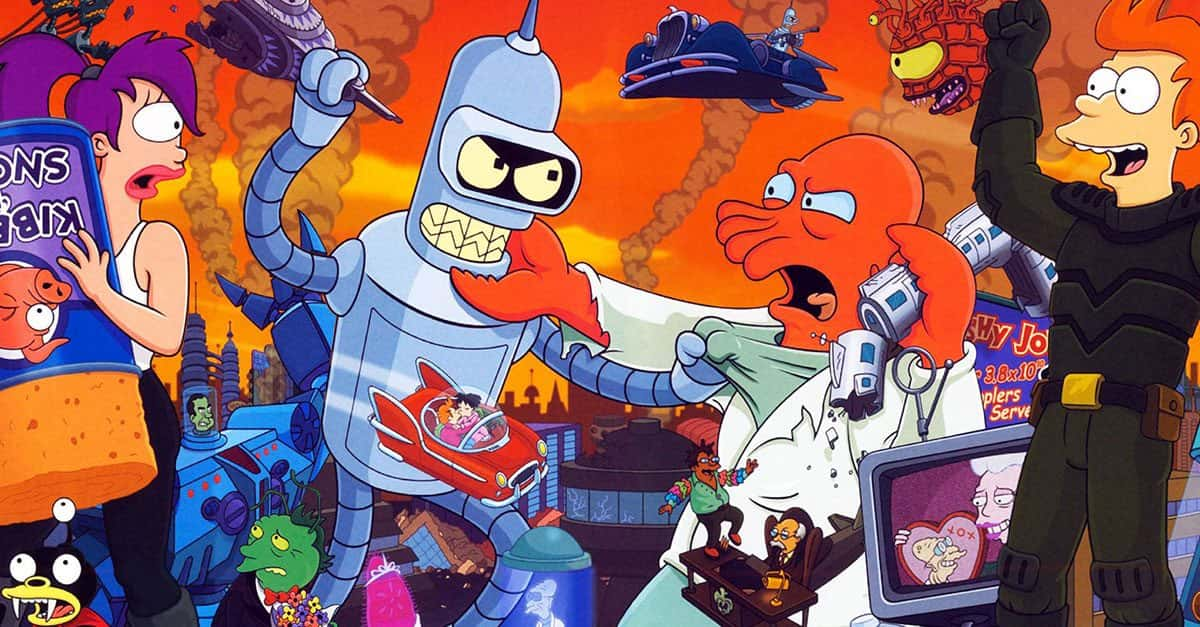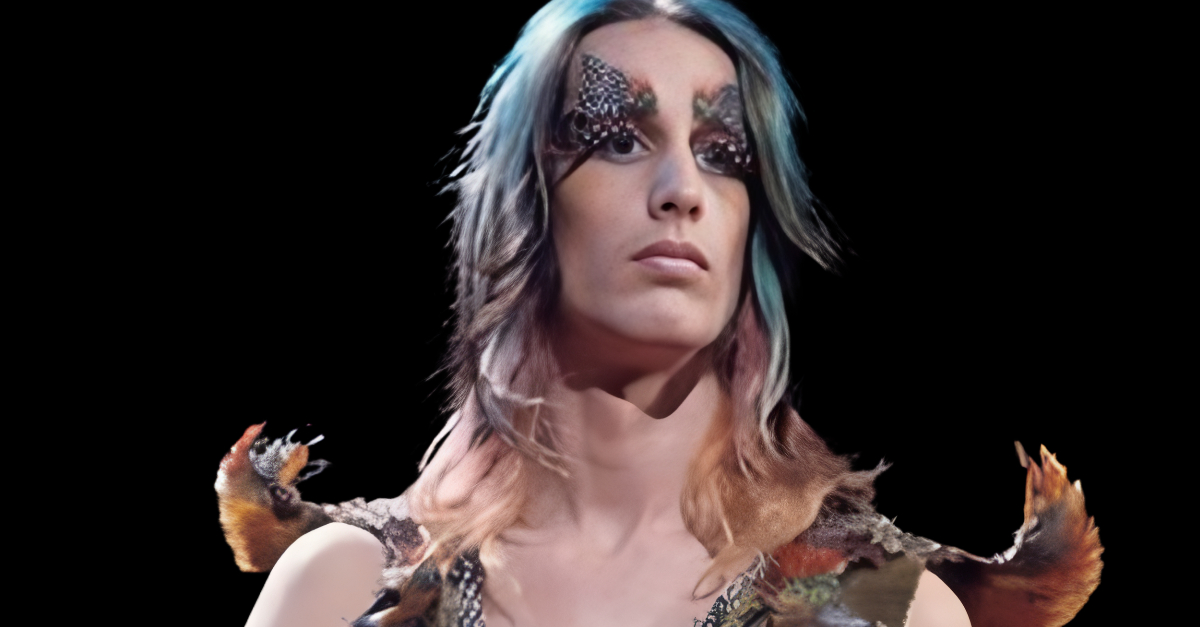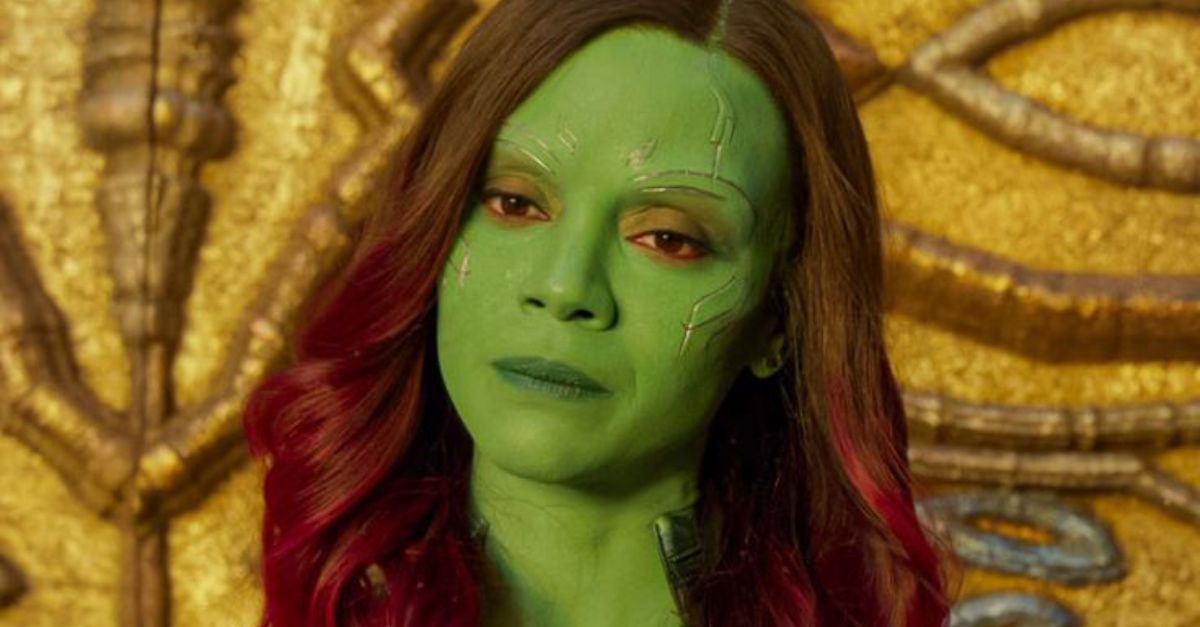Series Low Points
Audiences love consistency in their favorite series. When one film doesn’t measure up, it quickly becomes the sore spot everyone remembers. The following movies didn’t quite capture the charm or energy expected.
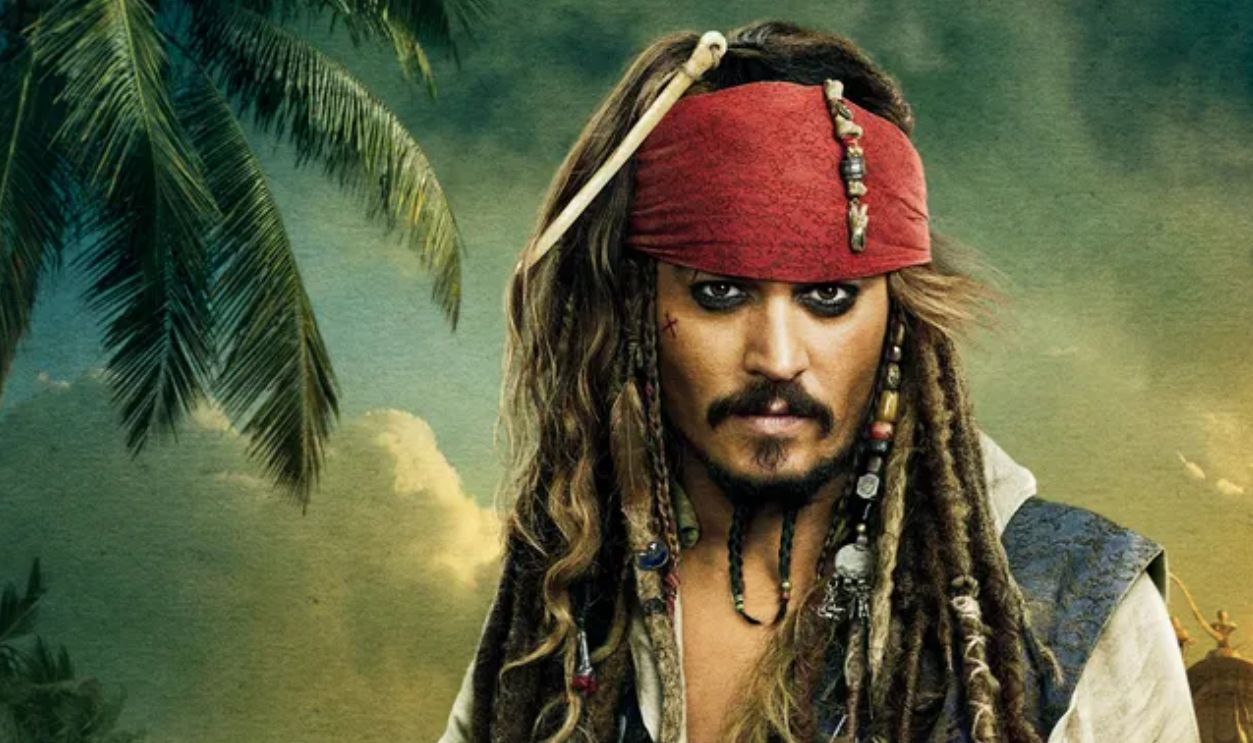
Star Wars: The Clone Wars (Star Wars Franchise)
With a devastating 18% critics' score and 41% audience rating on Rotten Tomatoes, this animated disaster holds the dubious honor of being the lowest-rated Star Wars film ever made. The movie served as a theatrical pilot for the TV series.
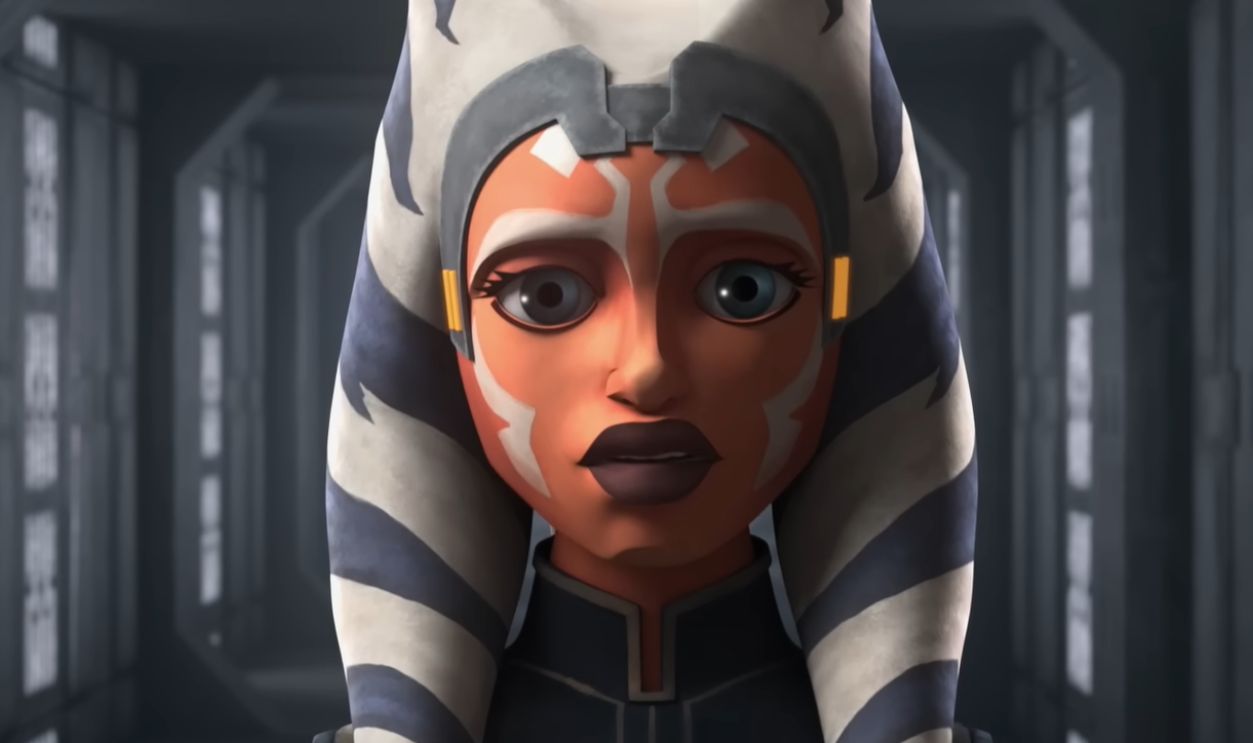 Warner Bros. Pictures, Star Wars: The Clone Wars (2008)
Warner Bros. Pictures, Star Wars: The Clone Wars (2008)
Star Wars: The Clone Wars (Cont.)
However, audiences felt cheated by what essentially amounted to mere episodes stitched together and released in cinemas. George Lucas intended this as a bridge between Attack of the Clones and Revenge of the Sith, introducing fan-favorite Ahsoka Tano. However, the early animation style looked unfinished.
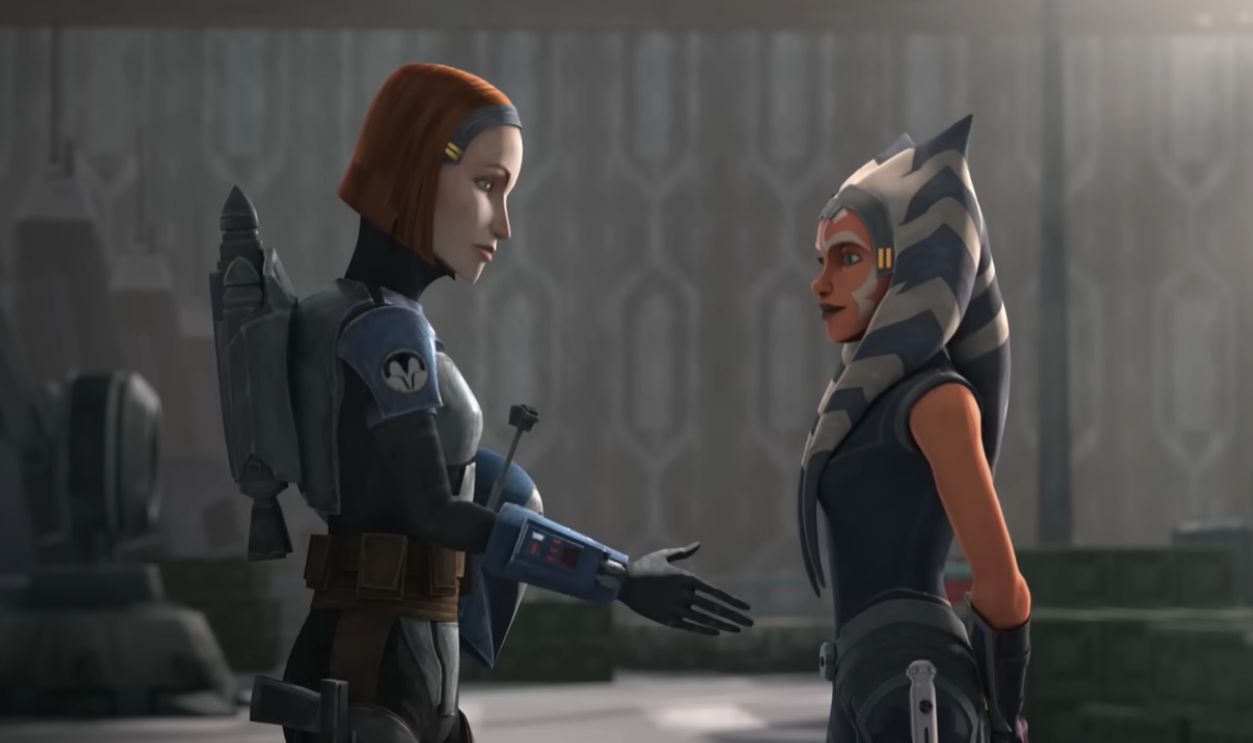 Warner Bros. Pictures, Star Wars: The Clone Wars (2008)
Warner Bros. Pictures, Star Wars: The Clone Wars (2008)
Thor: The Dark World (Marvel Cinematic Universe)
Director Alan Taylor took over from Kenneth Branagh with the impossible task of following up the beloved first Thor movie. Still, the result felt like a generic sci-fi movie wearing a Marvel costume. The film's greatest sin wasn't being bad—it was being utterly forgettable.
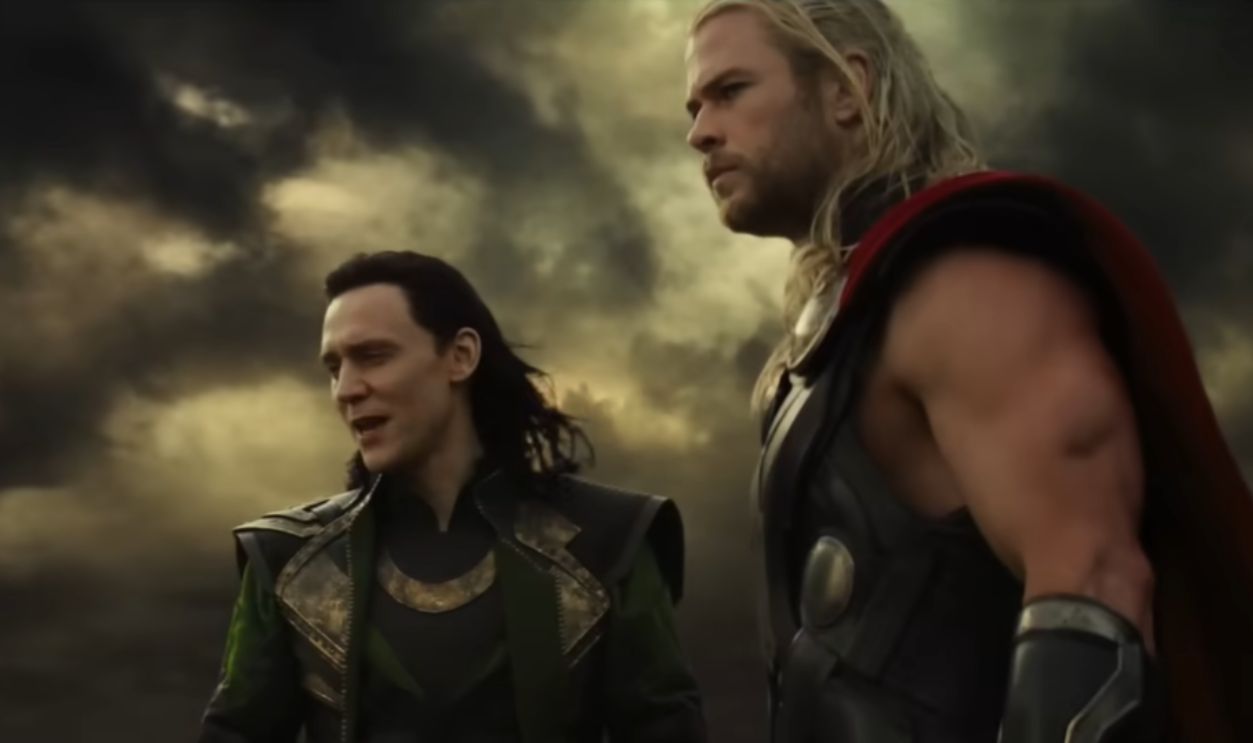 Walt Disney Studios Motion Pictures, Thor: The Dark World (2013)
Walt Disney Studios Motion Pictures, Thor: The Dark World (2013)
Thor: The Dark World (Cont.)
Thor: The Dark World stands with a 67% critics' score that made it the MCU's worst-reviewed film until Eternals came along. Christopher Eccleston's Malekith ranks among the MCU's most wasted villains, with the talented actor buried under prosthetics and given virtually no character development.
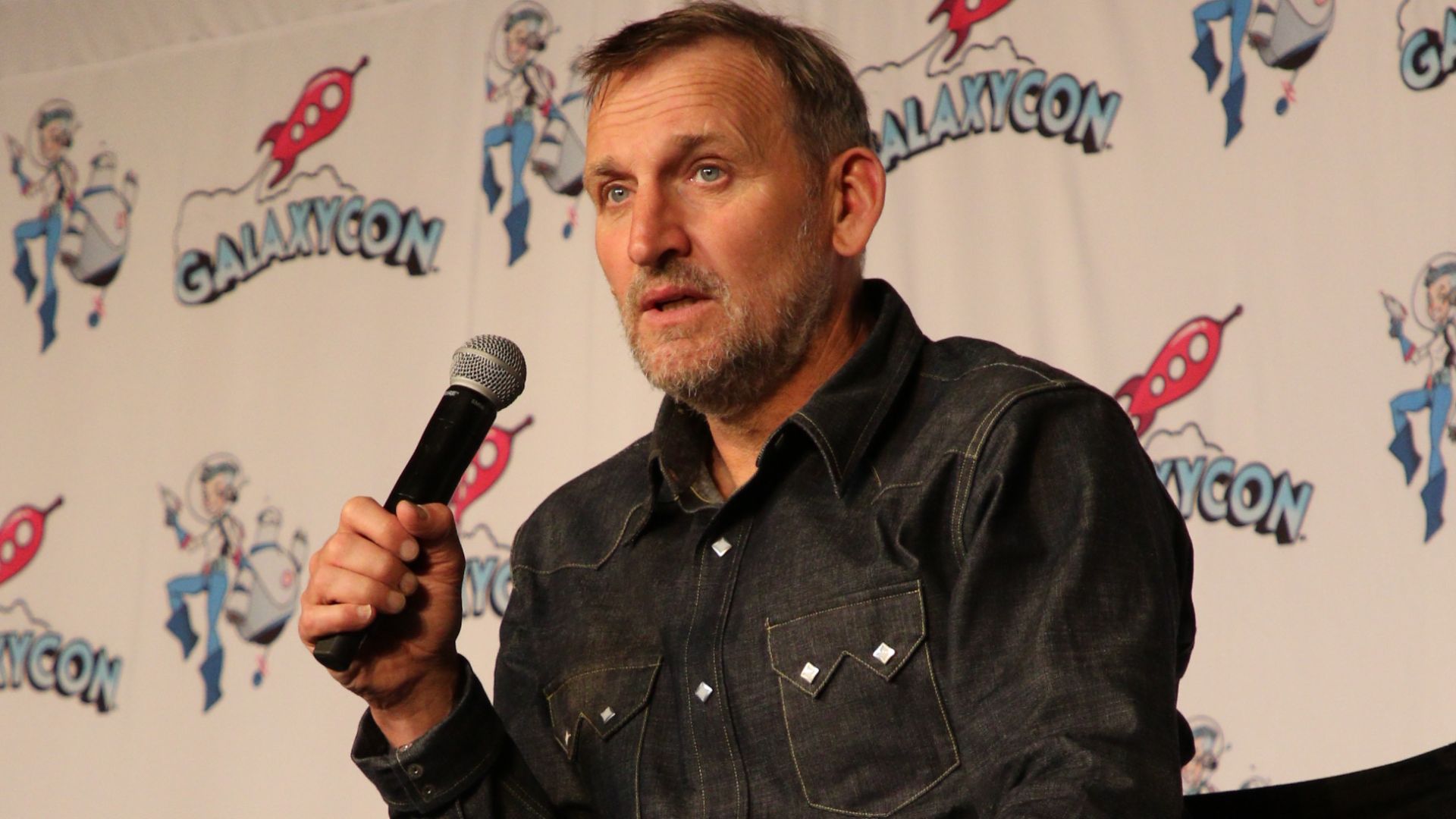 Super Festivals, Wikimedia Commons
Super Festivals, Wikimedia Commons
Batman & Robin (DC/Batman Franchise)
Everything was wrong with Joel Schumacher's neon-soaked catastrophe, especially the movie’s questionable costume design. Arnold Schwarzenegger's Mr Freeze delivered ice puns with the enthusiasm of someone reading a grocery list. Apparently, George Clooney apologized to comic book fans and joked about refunding ticket prices.
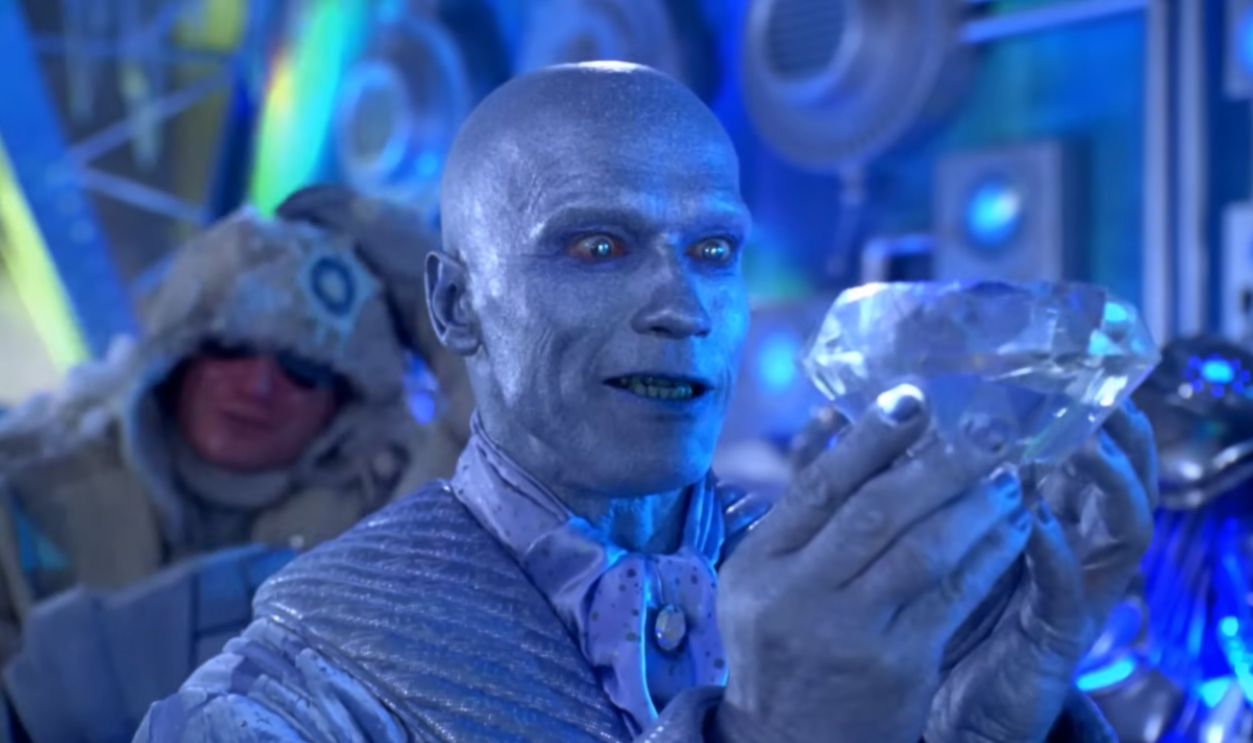 Warner Bros, Batman & Robin (1997)
Warner Bros, Batman & Robin (1997)
Batman & Robin (Cont.)
What makes this entry particularly painful is how it completely abandoned the gothic atmosphere that made Batman compelling, instead opting for a campy toy commercial that prioritized merchandising over storytelling. The film got a dismal 11% on Rotten Tomatoes.
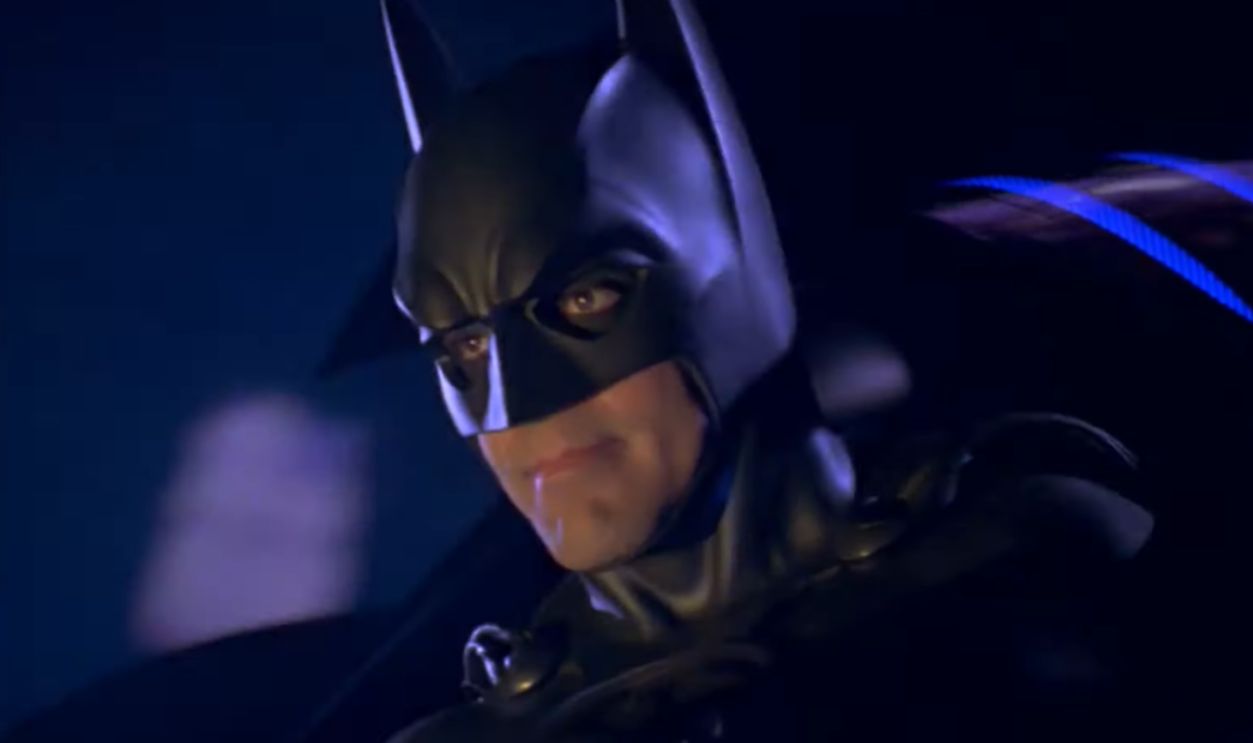 Warner Bros, Batman & Robin (1997)
Warner Bros, Batman & Robin (1997)
Fantastic Beasts: The Crimes Of Grindelwald (Wizarding World Franchise)
JK Rowling's second sequel screenplay showed that writing novels and crafting screenplays require entirely different skill sets. After all, this convoluted mess received the lowest rating in the entire Wizarding World franchise at just 36% on Rotten Tomatoes.
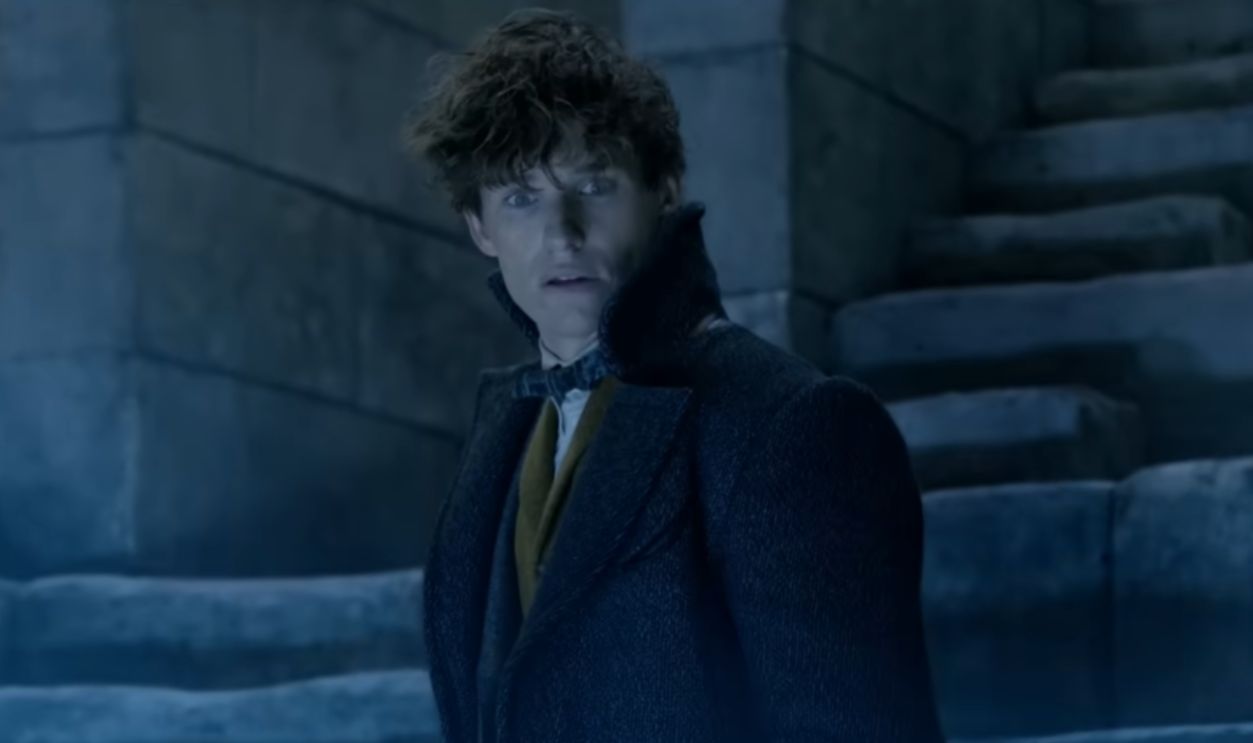 Warner Bros, Fantastic Beasts: The Crimes Of Grindelwald (2018)
Warner Bros, Fantastic Beasts: The Crimes Of Grindelwald (2018)
Fantastic Beasts: The Crimes Of Grindelwald (Cont.)
The film introduced so many new characters and plotlines that even devoted Potterheads struggled to follow the narrative. What should have been a thrilling exploration of young Dumbledore's relationship with Grindelwald instead became a joyless slog through unnecessary subplots and forced connections to the original Harry Potter series.
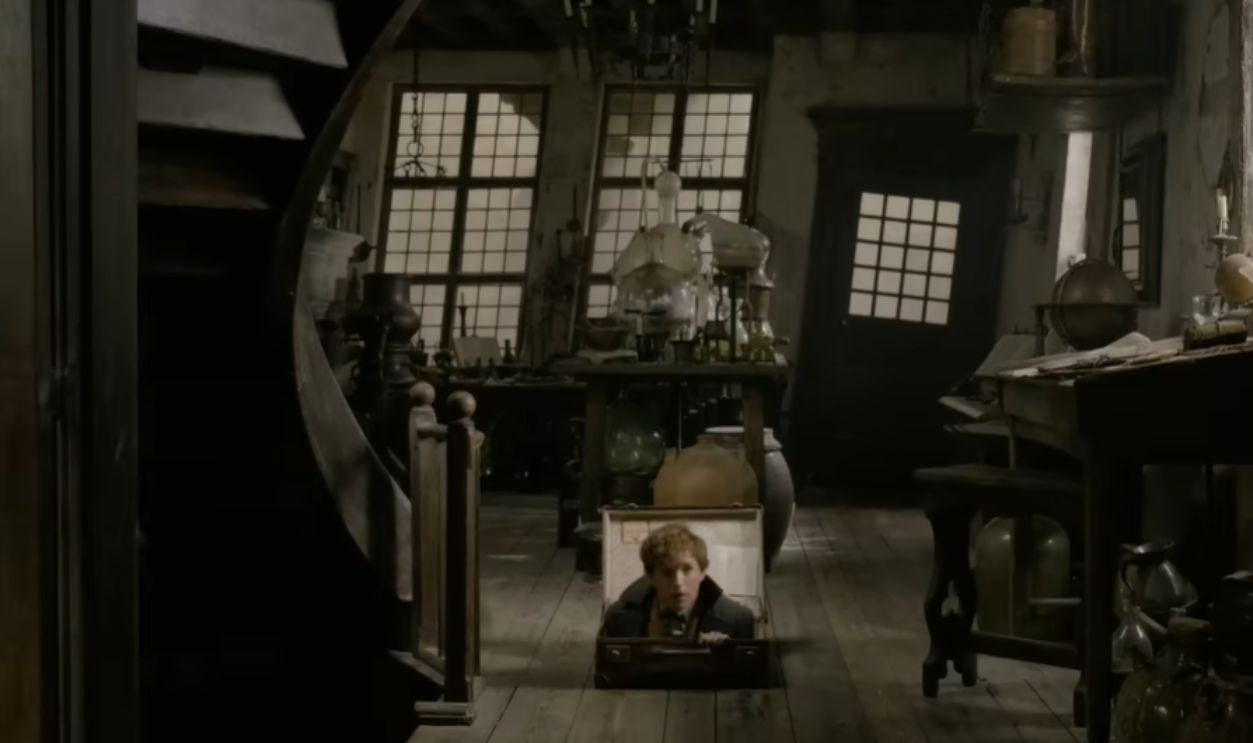 Warner Bros, Fantastic Beasts: The Crimes Of Grindelwald (2018)
Warner Bros, Fantastic Beasts: The Crimes Of Grindelwald (2018)
Fast & Furious Presents: Hobbs & Shaw (Fast & Furious Franchise)
The Rock and Jason Statham's chemistry had been the highlight of The Fate of the Furious, but stretching their bickering bromance across 137 minutes wasn’t a good idea. Despite earning over $700 million worldwide, viewers consistently rank this spin-off as the franchise's weakest entry.
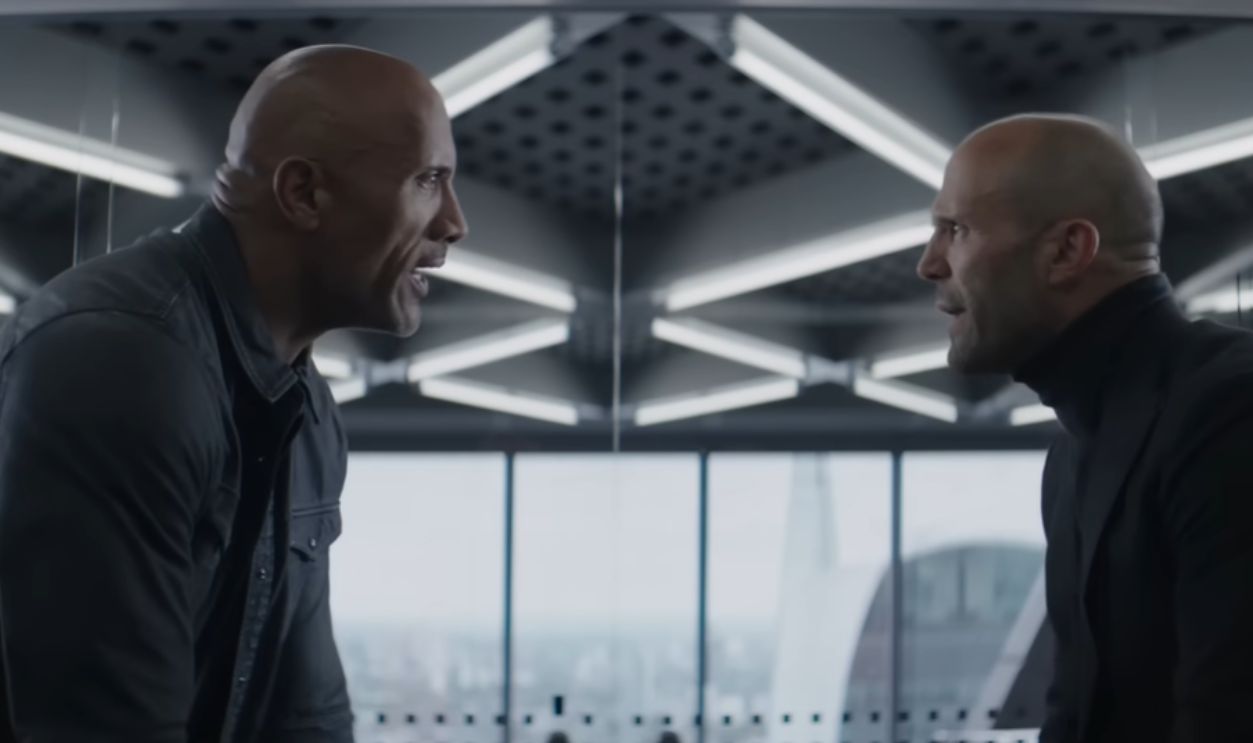 Universal Pictures, Fast & Furious Presents: Hobbs & Shaw (2019)
Universal Pictures, Fast & Furious Presents: Hobbs & Shaw (2019)
Fast & Furious Presents: Hobbs & Shaw (Cont.)
Many felt it abandoned the "family" theme that made the series special. Director David Leitch, fresh off the success of John Wick and Deadpool 2, delivered action sequences that felt more like cartoon physics than the grounded (relatively speaking) stunts fans expected.
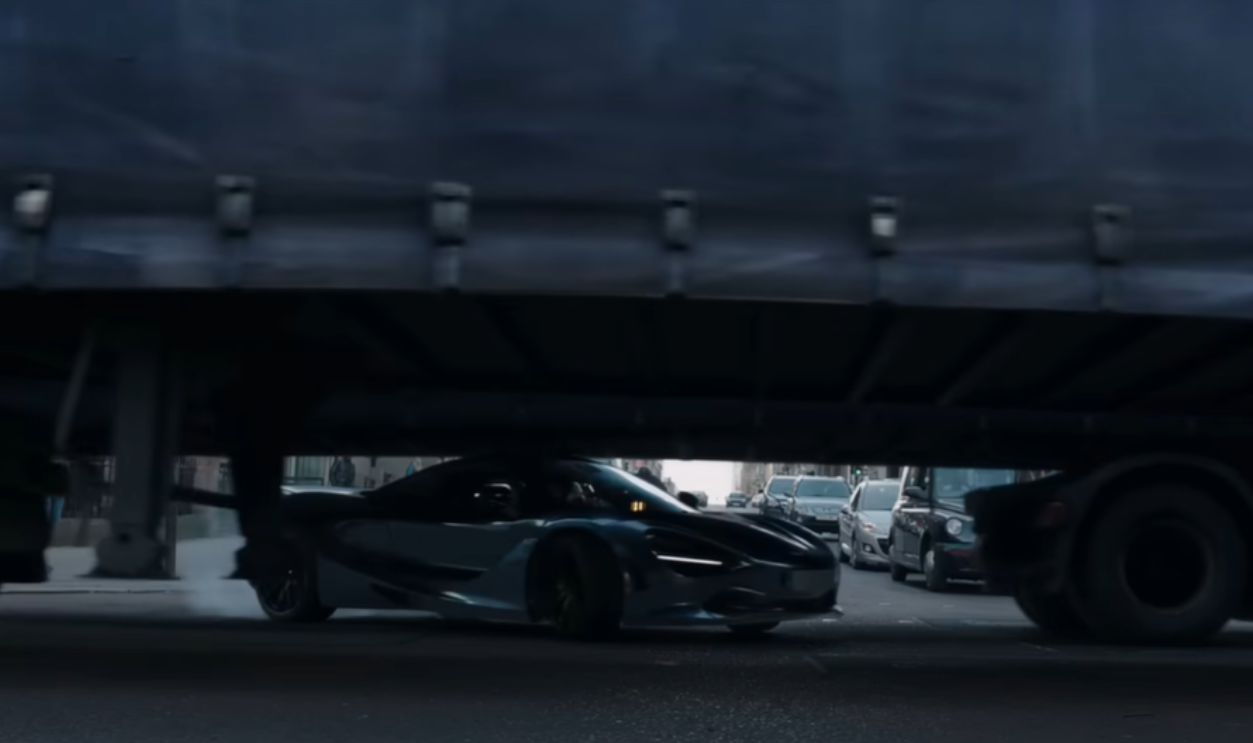 Universal Pictures, Fast & Furious Presents: Hobbs & Shaw (2019)
Universal Pictures, Fast & Furious Presents: Hobbs & Shaw (2019)
Jaws: The Revenge (Jaws Franchise)
Universal's desperate attempt to revive its shark franchise resulted in an illogical movie. The film's central premise, that a great white shark follows the Brody family to the Bahamas seeking personal vengeance, pushed suspension of disbelief beyond any reasonable limit. It got a catastrophic 2% on Rotten Tomatoes.
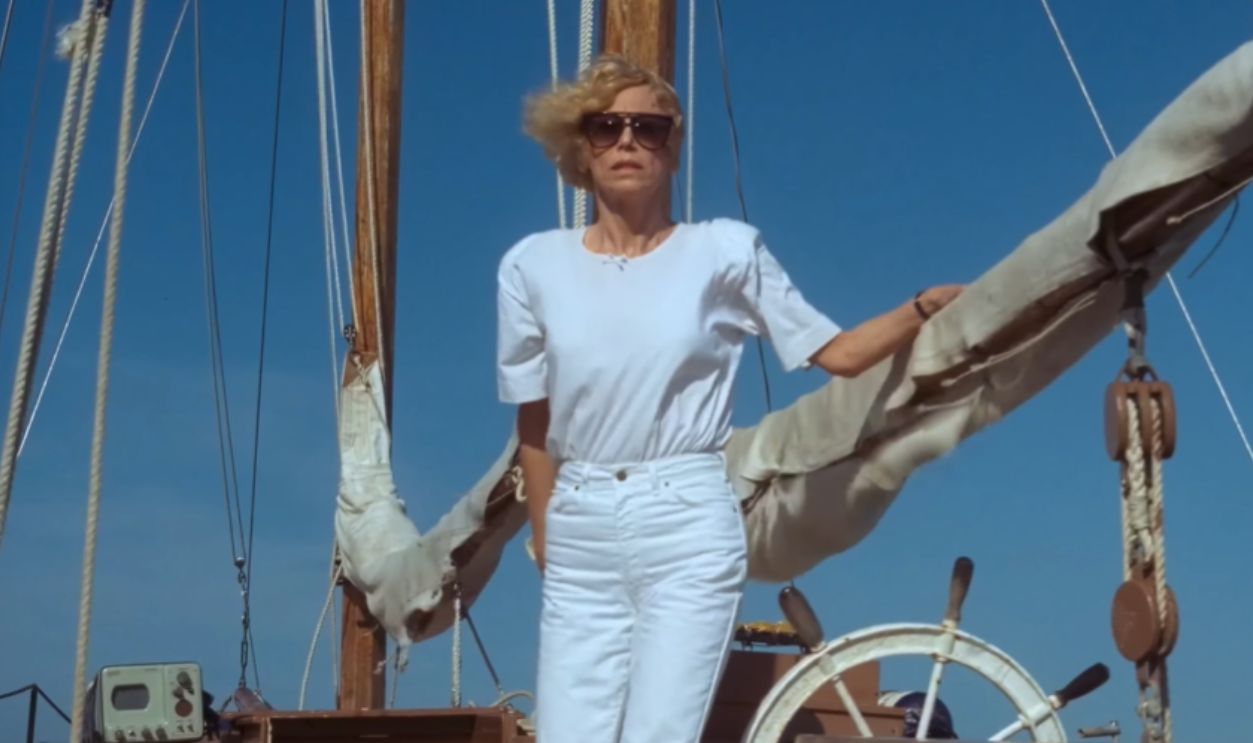 Universal Pictures, Jaws The Revenge (1987)
Universal Pictures, Jaws The Revenge (1987)
Jaws: The Revenge (Cont.)
Even star Michael Caine famously quipped that while he'd never seen the film, he'd seen the house it bought him, perfectly encapsulating the movie's reputation as a pure cash grab. The film's editing was so rushed that continuity errors became legendary among aficionados of bad movies.
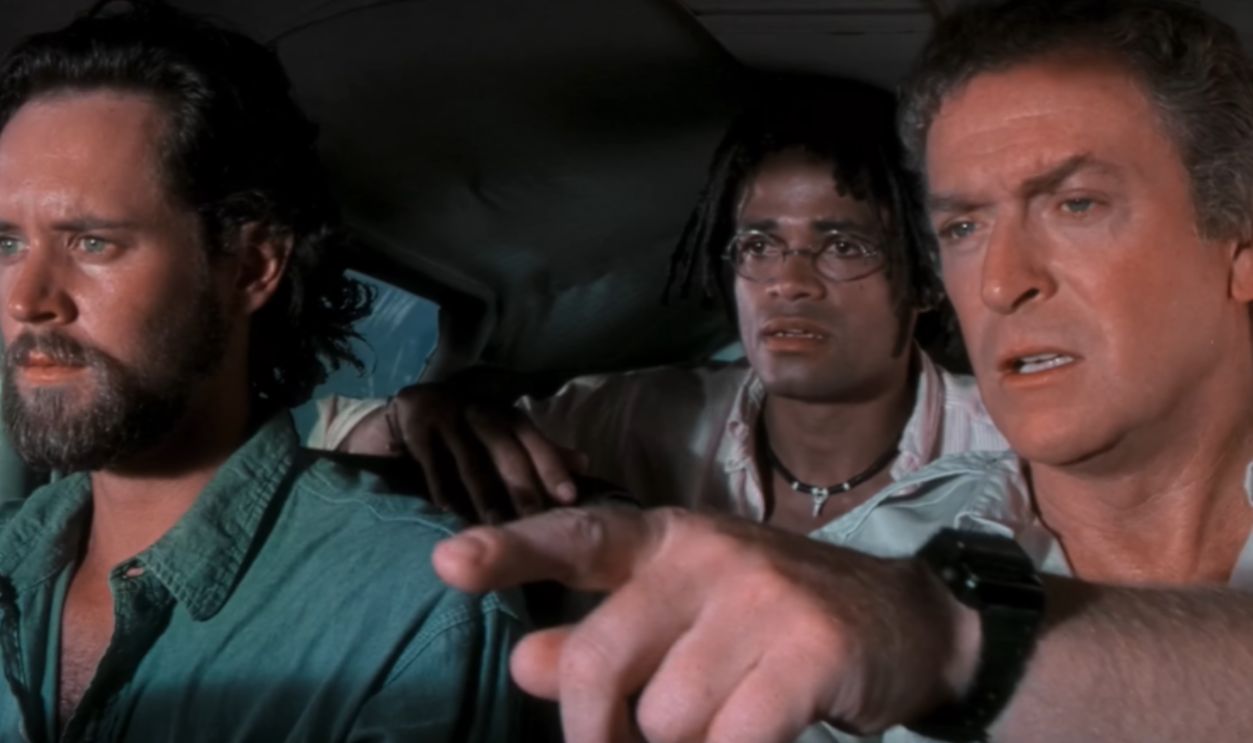 Universal Pictures, Jaws The Revenge (1987)
Universal Pictures, Jaws The Revenge (1987)
The Exorcist II: The Heretic (The Exorcist Franchise)
John Boorman's psychedelic nightmare sequel somehow managed to make one of cinema's most terrifying films seem quaint by comparison, earning the rare distinction of being disowned by its own director. The film's surreal approach to demonic possession was complete with interpretive dance sequences and metaphysical locust imagery.
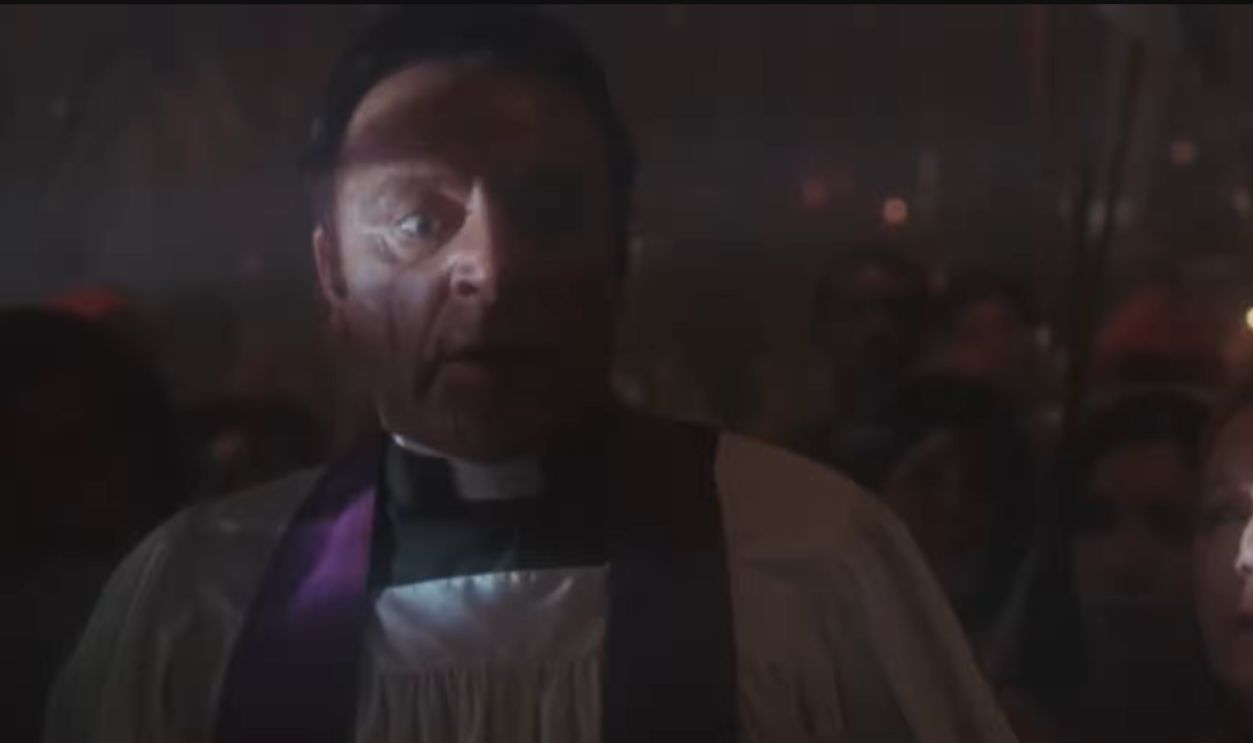 Warner Bros. Pictures, Exorcist II: The Heretic (1977)
Warner Bros. Pictures, Exorcist II: The Heretic (1977)
The Exorcist II: The Heretic (Cont.)
William Friedkin, director of the original masterpiece, called it "the worst” movie he had ever seen, while The Golden Turkey Awards named it the second-worst film ever made after Plan 9 from Outer Space. The sequel robbed the original of its terrifying ambiguity.
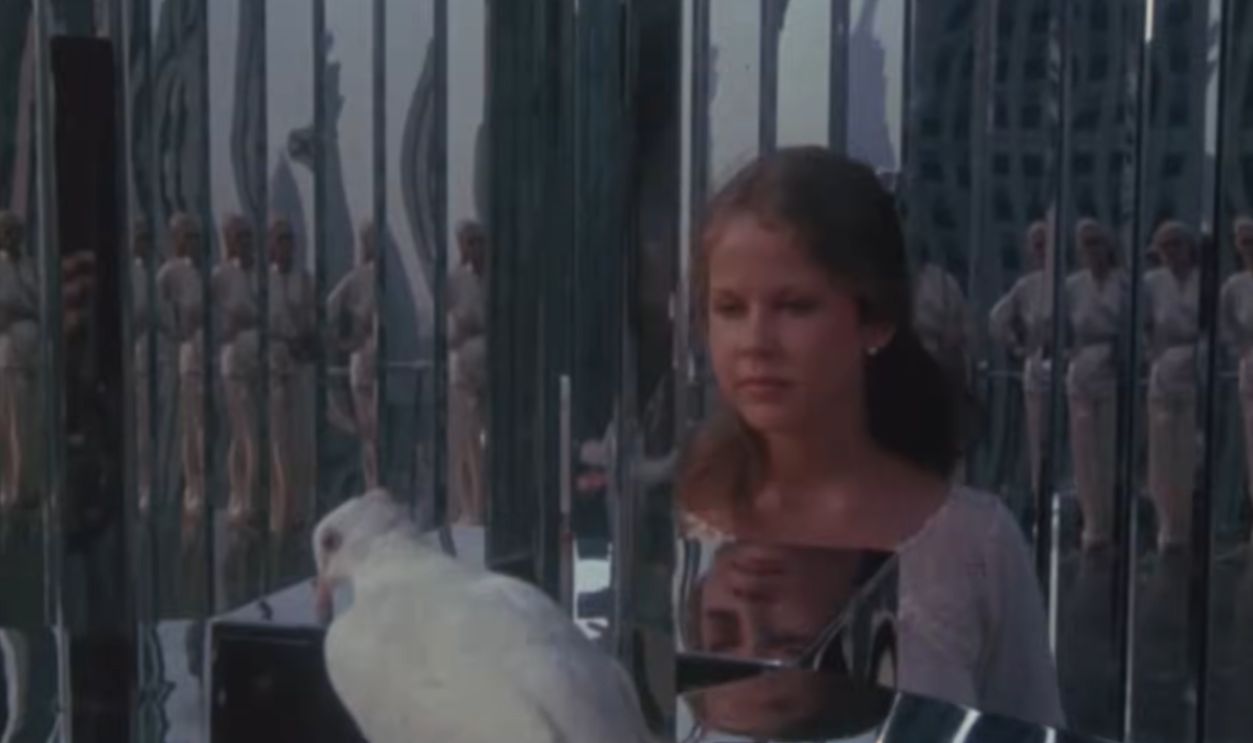 Warner Bros. Pictures, Exorcist II: The Heretic (1977)
Warner Bros. Pictures, Exorcist II: The Heretic (1977)
Police Academy 4: Citizens On Patrol (Police Academy Franchise)
What started as a surprisingly successful R-rated comedy about misfit police recruits had devolved by its fourth installment into family-friendly dreck that retained none of the original's irreverent charm. The franchise's migration from adult comedy to Saturday afternoon television fodder reached its nadir with this entry.
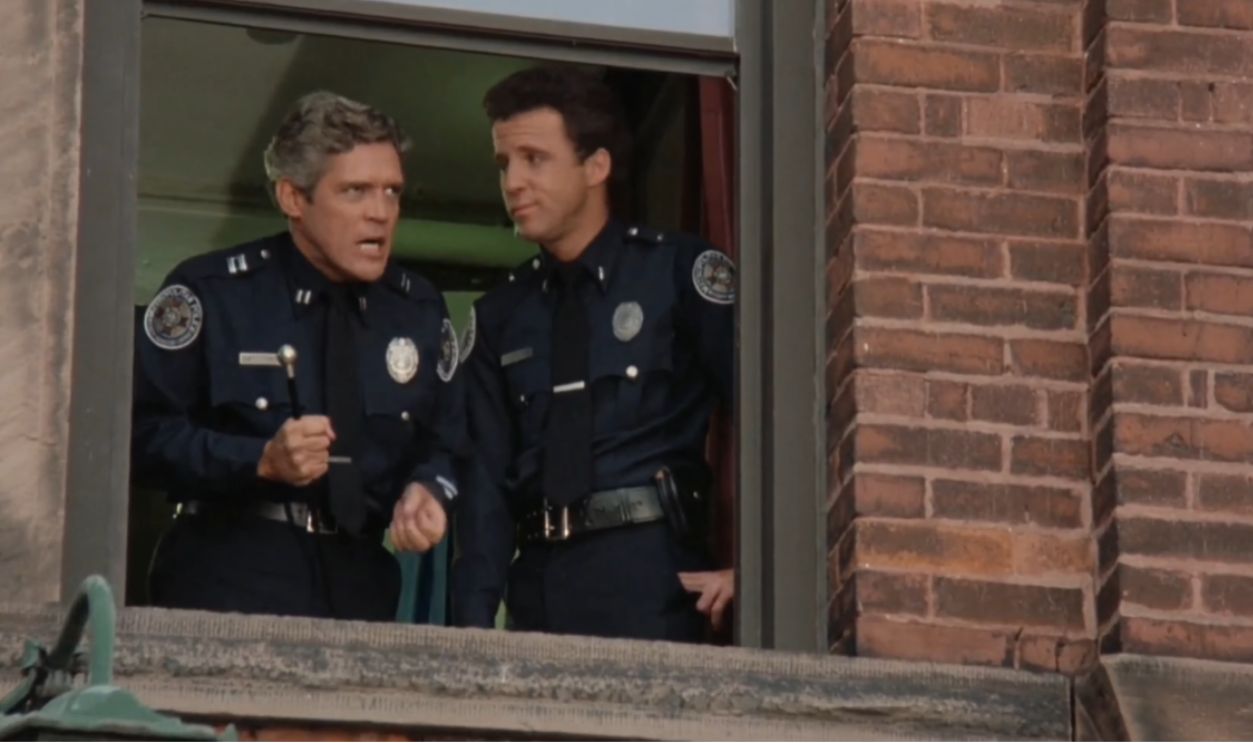 Warner Bros. Pictures, Police Academy 4: Citizens On Patrol (1987)
Warner Bros. Pictures, Police Academy 4: Citizens On Patrol (1987)
Police Academy 4: Citizens on Patrol (Cont.)
It received descriptions like "utterly, completely, thoroughly, and astonishingly unfunny" from folks who had run out of ways to express their disappointment. Even series regular Steve Guttenberg appeared to be going through the motions, while the slapstick comedy had become sanitized.
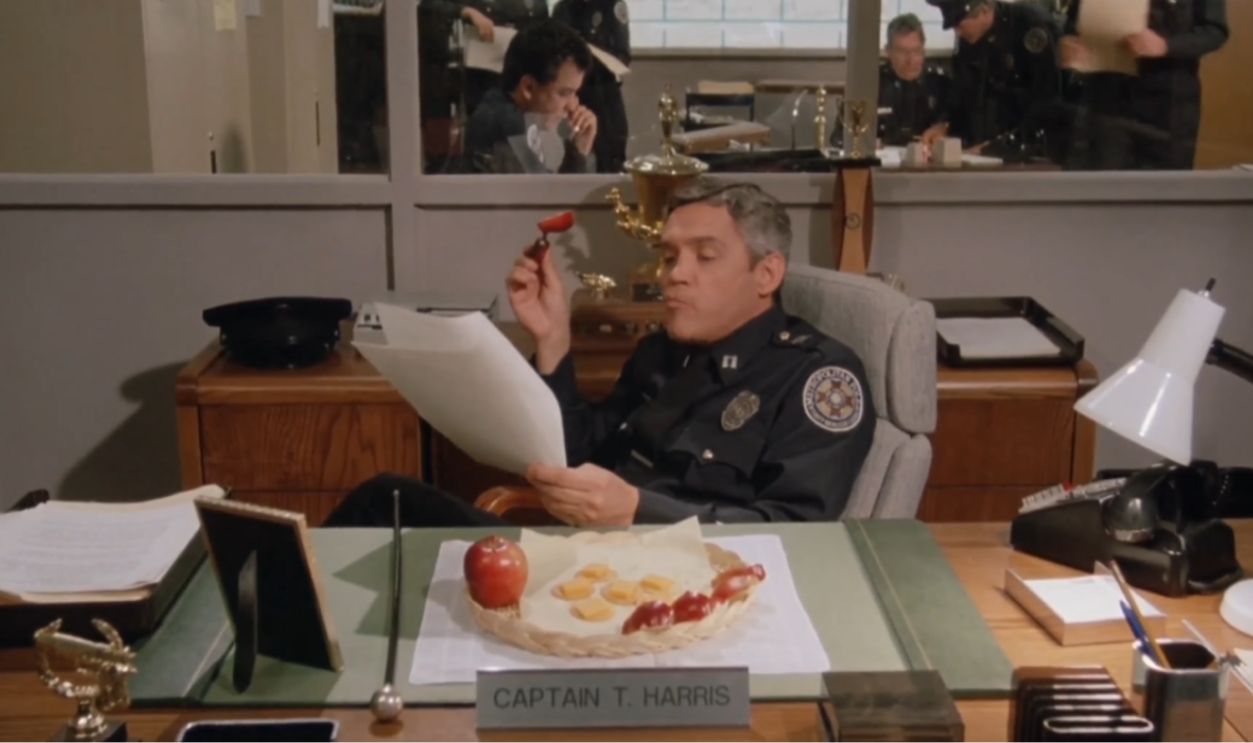 Warner Bros. Pictures, Police Academy 4: Citizens On Patrol (1987)
Warner Bros. Pictures, Police Academy 4: Citizens On Patrol (1987)
Indiana Jones And The Kingdom Of The Crystal Skull (Indiana Jones Franchise)
Steven Spielberg and Harrison Ford's return to the beloved archaeologist after 19 years wasn't a triumphant homecoming as it should have been. Fans felt betrayed by CGI-heavy action sequences that replaced the practical stunts and real locations that made the original trilogy legendary.
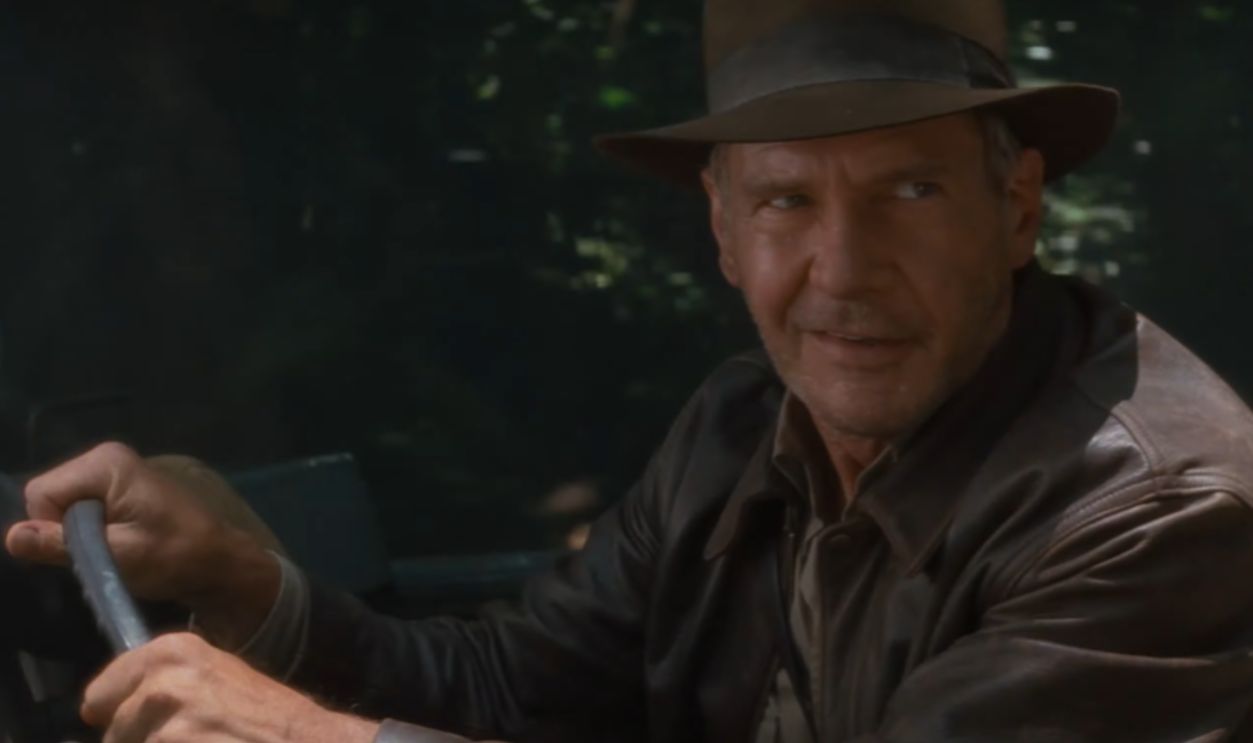 Paramount Pictures, Indiana Jones And The Kingdom Of The Crystal Skull (2008)
Paramount Pictures, Indiana Jones And The Kingdom Of The Crystal Skull (2008)
Indiana Jones And The Kingdom Of The Crystal Skull (Cont.)
The infamous "nuking the fridge" scene became shorthand for jumping the shark, as audiences watched their grounded action hero survive a nuclear blast by hiding in a lead-lined refrigerator. Plus, the alien storyline abandoned the pulp adventure roots that made Indiana Jones special.
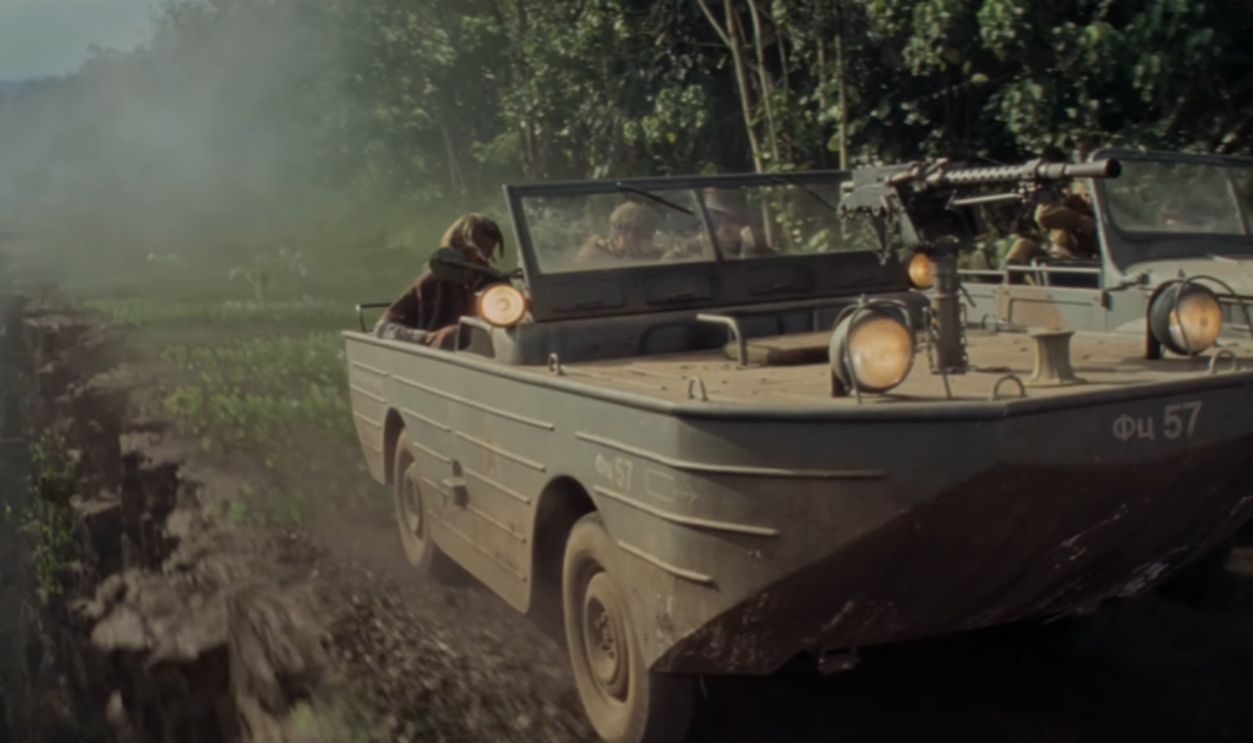 Paramount Pictures, Indiana Jones And The Kingdom Of The Crystal Skull (2008)
Paramount Pictures, Indiana Jones And The Kingdom Of The Crystal Skull (2008)
Little Fockers (Meet The Parents Franchise)
The Meet the Parents trilogy should have ended with the second film. Universal's decision to greenlight a third installment resulted in a comedy so desperate for laughs that it made audiences nostalgic for the subtle humor of its predecessors. It has a 9% score on Rotten Tomatoes.
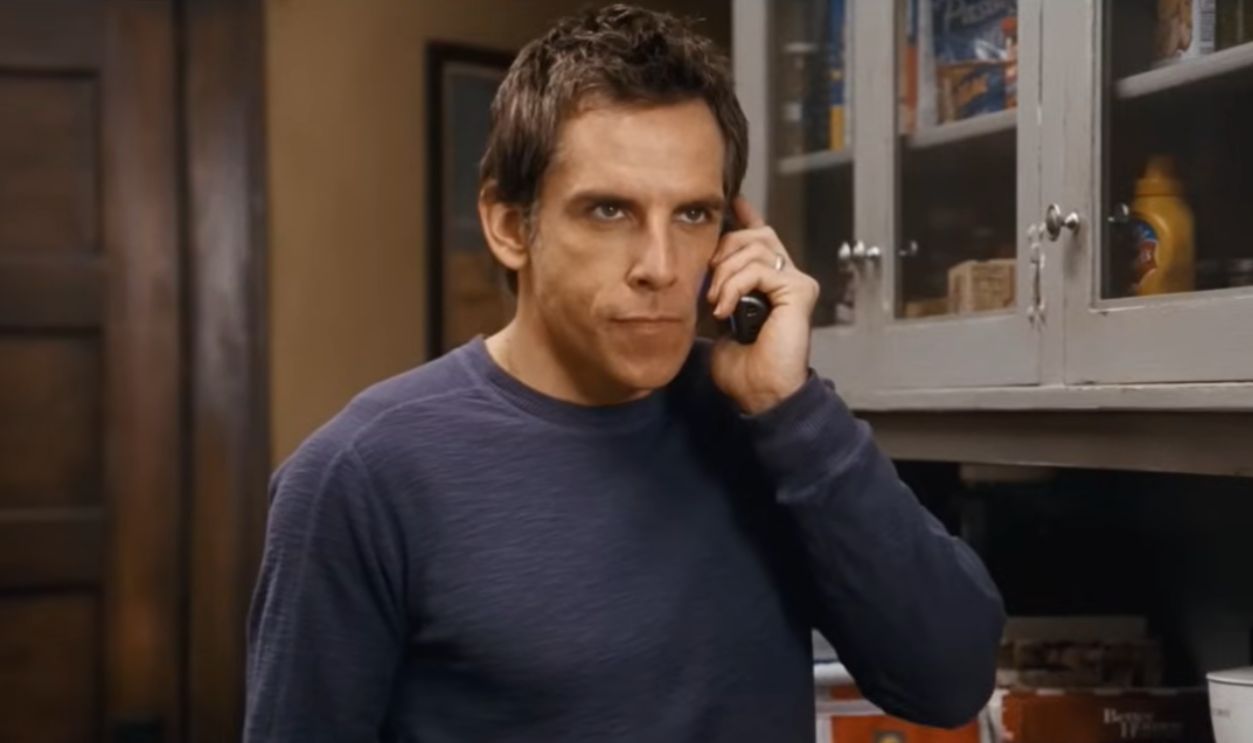 Universal Pictures, Little Fockers (2010)
Universal Pictures, Little Fockers (2010)
Little Fockers (Cont.)
Robert De Niro's Jack Byrnes, once a menacingly funny patriarch, had become a one-note psychopath whose behavior crossed from protective to genuinely disturbing. The film's attempts to mine comedy from child-rearing and marital problems felt forced and mean-spirited to some.
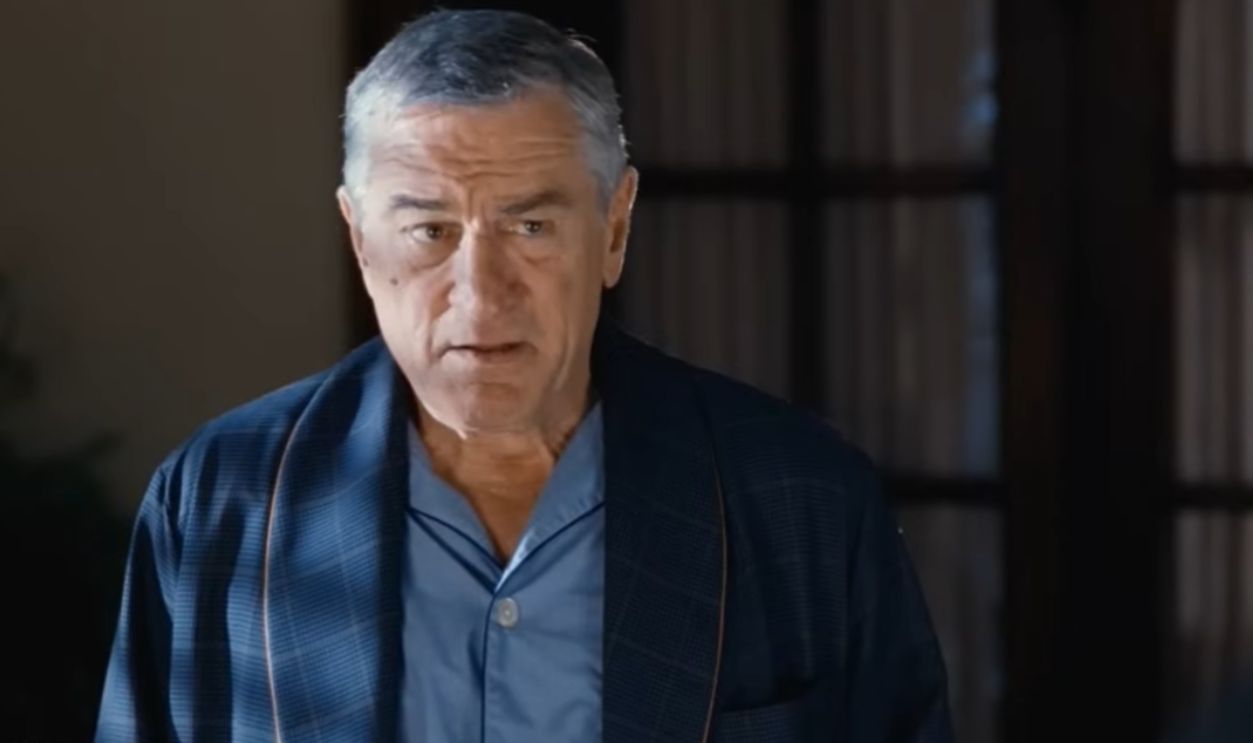 Universal Pictures, Little Fockers (2010)
Universal Pictures, Little Fockers (2010)
The Mummy: Tomb Of The Dragon Emperor (The Mummy Franchise)
Universal's attempt to resurrect its lucrative Mummy franchise without Rachel Weisz proved disastrous, as individuals immediately noticed the chemistry vacuum left by her absence and the replacement with Maria Bello. The film's shift from Egyptian mythology to Chinese folklore wasn't well appreciated.
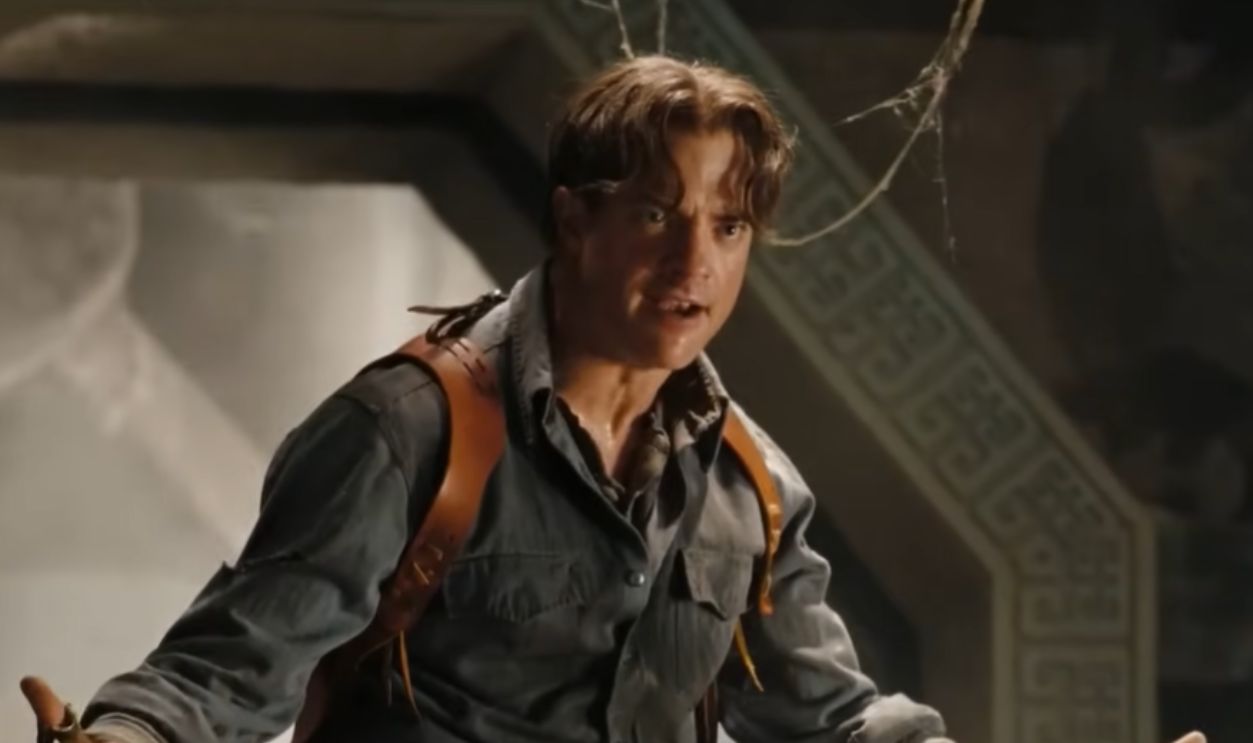 Universal Pictures, The Mummy: Tomb Of The Dragon Emperor (2008)
Universal Pictures, The Mummy: Tomb Of The Dragon Emperor (2008)
The Mummy: Tomb Of The Dragon Emperor (Cont.)
Brendan Fraser's Rick O'Connell had lost the roguish charm that made him appealing in earlier films, while Jet Li's Emperor Han didn't live up to the title of a compelling villain. The movie relied on unconvincing CGI armies, and terracotta warriors couldn't mask the fundamental problem.
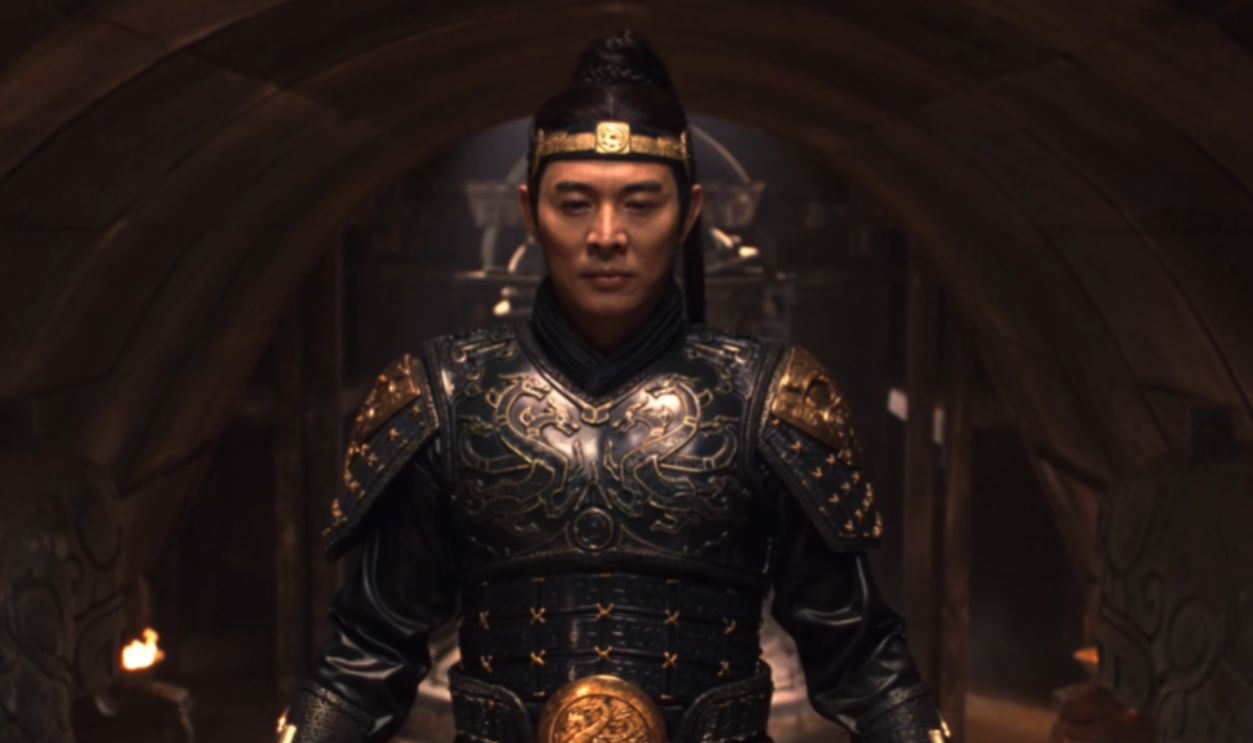 Universal Pictures, The Mummy: Tomb Of The Dragon Emperor (2008)
Universal Pictures, The Mummy: Tomb Of The Dragon Emperor (2008)
Rocky V (Rocky Franchise)
Sylvester Stallone's decision to bring Rocky Balboa back to Philadelphia's mean streets after conquering the world was a betrayal of everything the character had achieved. The film's attempt to strip Rocky of his fortune and force him into retirement due to brain damage created a depressing foundation.
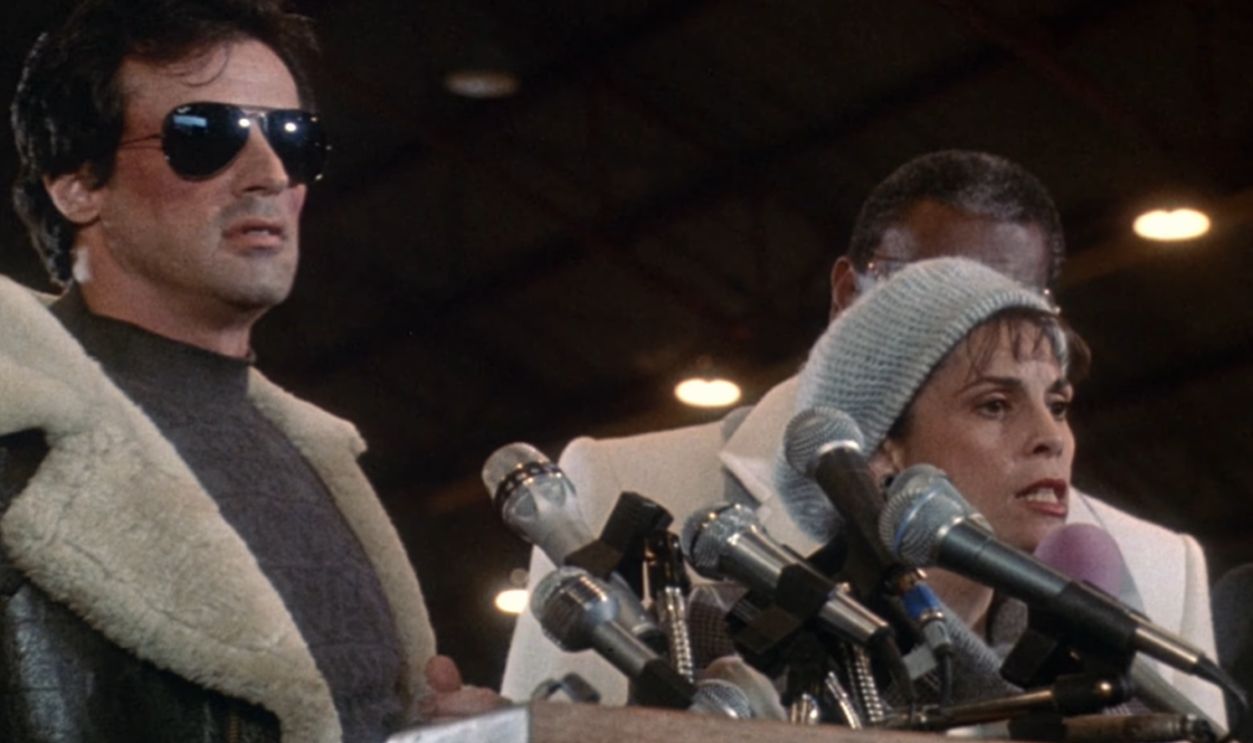 Metro-Goldwyn-Mayer, Rocky V (1990)
Metro-Goldwyn-Mayer, Rocky V (1990)
Rocky V (Cont.)
Tommy Morrison's Tommy "Machine" Gunn also lacked the personality that made previous Rocky opponents memorable. Looks like the film juggled too many plotlines without developing any satisfactorily. The movie's street fight finale also abandoned the boxing ring that defined the franchise.
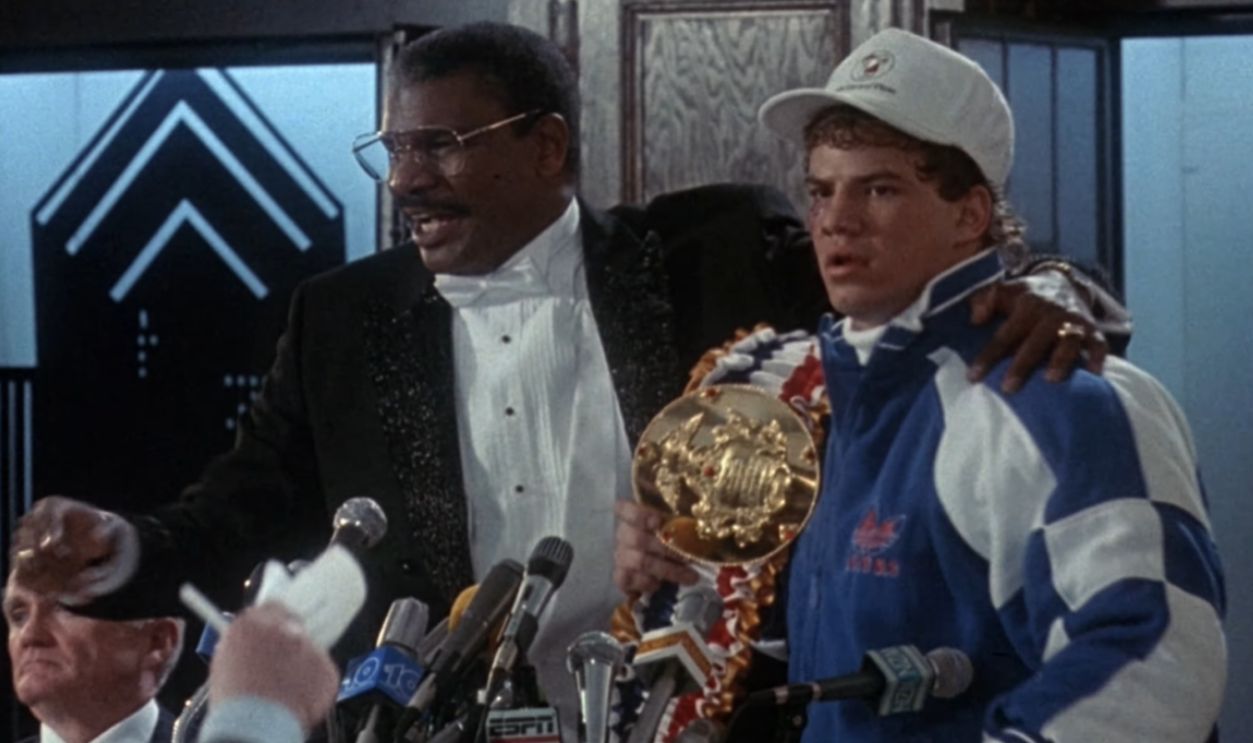 Metro-Goldwyn-Mayer, Rocky V (1990)
Metro-Goldwyn-Mayer, Rocky V (1990)
A Good Day To Die Hard (Die Hard Franchise)
John McClane's shift from everyman hero to invincible action star reached its illogical conclusion in this Russia-set disaster. McClane’s one-liners lacked wit and punch. At the same time, the international setting removed him from the confined spaces that created the series's signature tension.
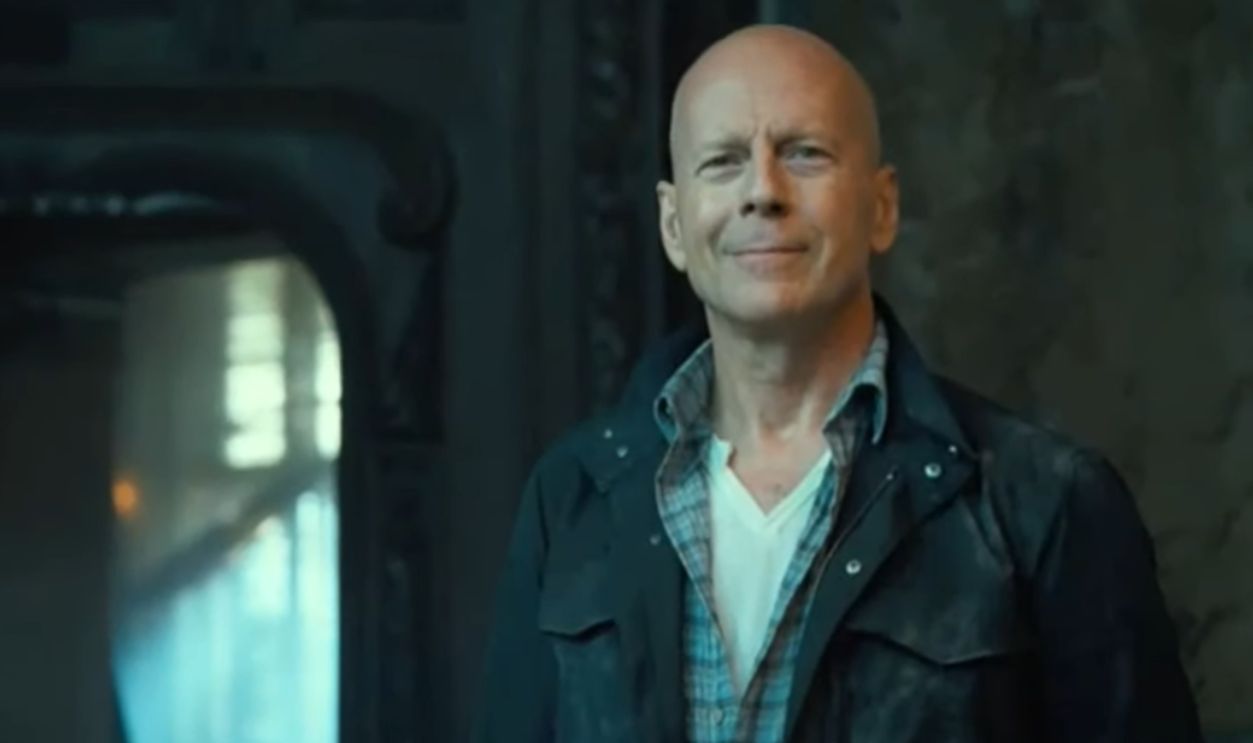 20th Century Studios, A Good Day To Die Hard (2013)
20th Century Studios, A Good Day To Die Hard (2013)
A Good Day To Die Hard (Cont.)
What we got was a generic action movie that happened to feature Bruce Willis. Jai Courtney's casting as McClane's estranged son delivered a charisma-free performance, creating negative chemistry with Willis and making their family reconciliation feel unearned.
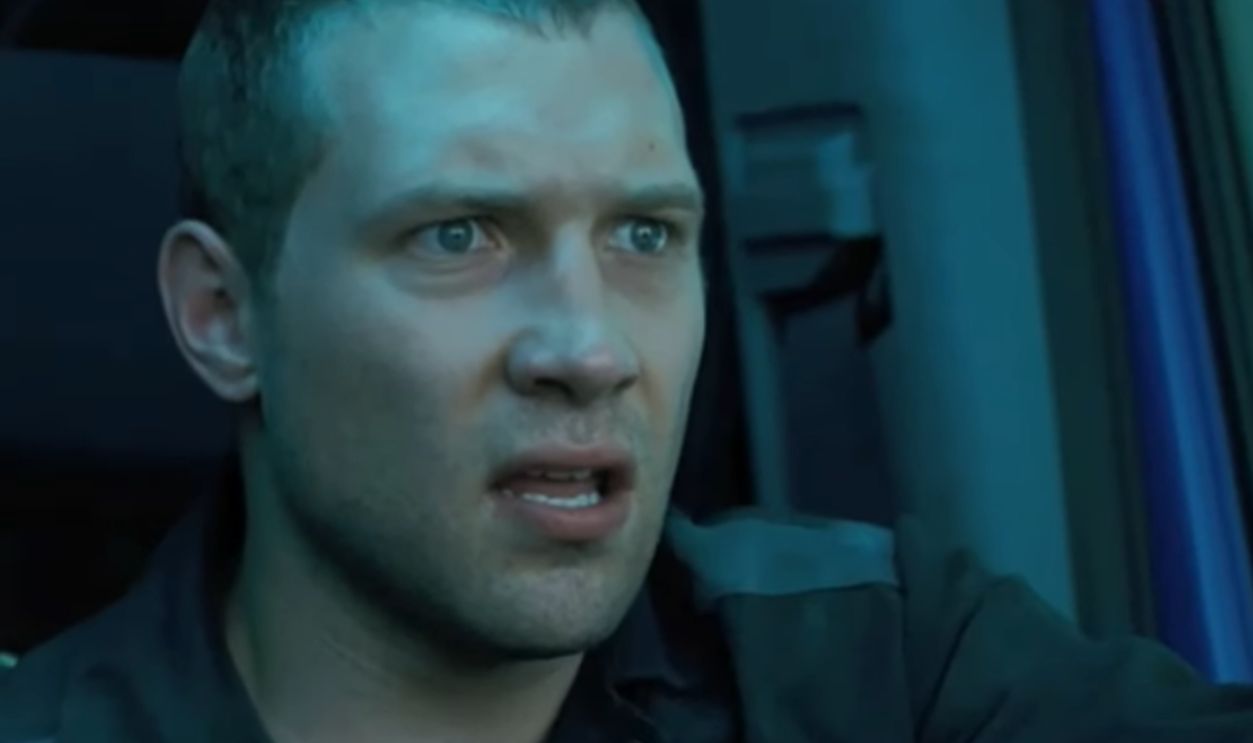 20th Century Studios, A Good Day To Die Hard (2013)
20th Century Studios, A Good Day To Die Hard (2013)
The Final Destination (Final Destination Franchise)
The fourth entry in the death-obsessed horror franchise marked the point where creative bankruptcy became impossible to ignore. Well, filmmakers seemed more interested in elaborate 3D death sequences than in crafting compelling characters or meaningful scares. The film's speedway disaster opening lacked the inventive cruelty.
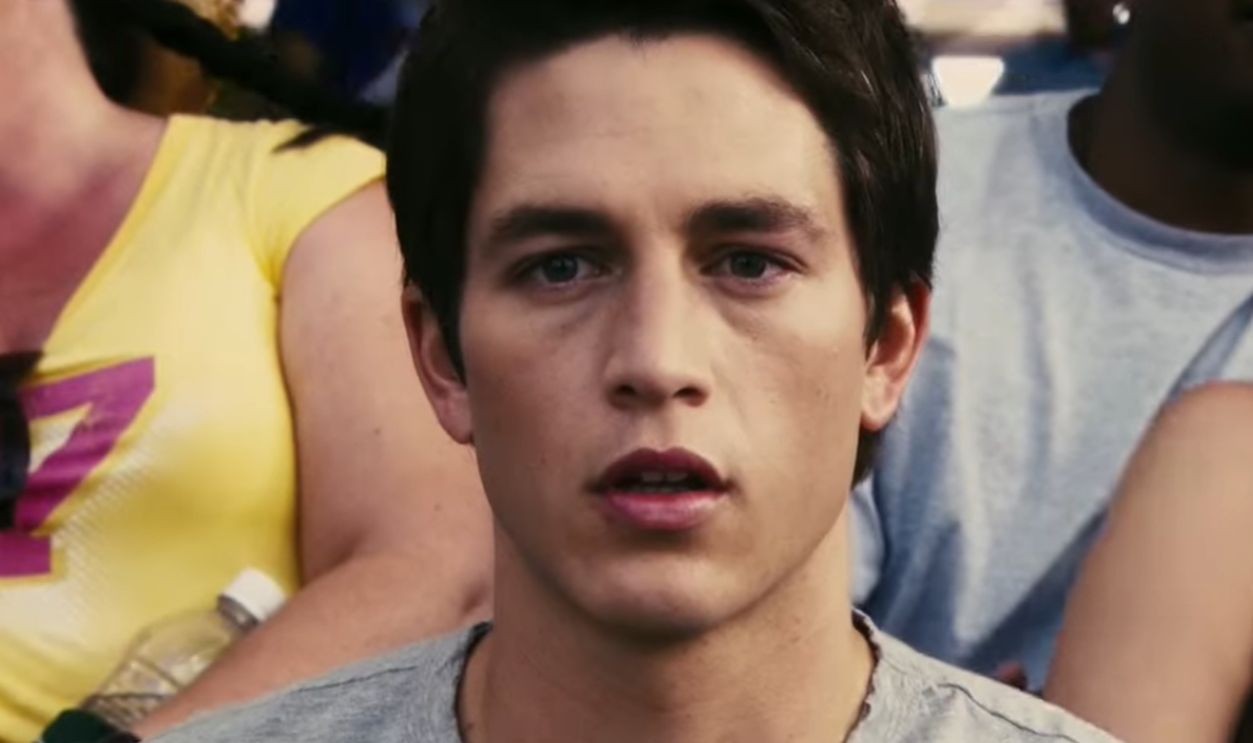 Warner Bros. Pictures, The Final Destination (2009)
Warner Bros. Pictures, The Final Destination (2009)
The Final Destination (Cont.)
Here, the protagonists remained such blank slates that audiences were forced to root for Death's elaborate plans. What made this installment particularly frustrating was how it abandoned the series' dark humor in favor of humorless gore, missing the self-aware tone.
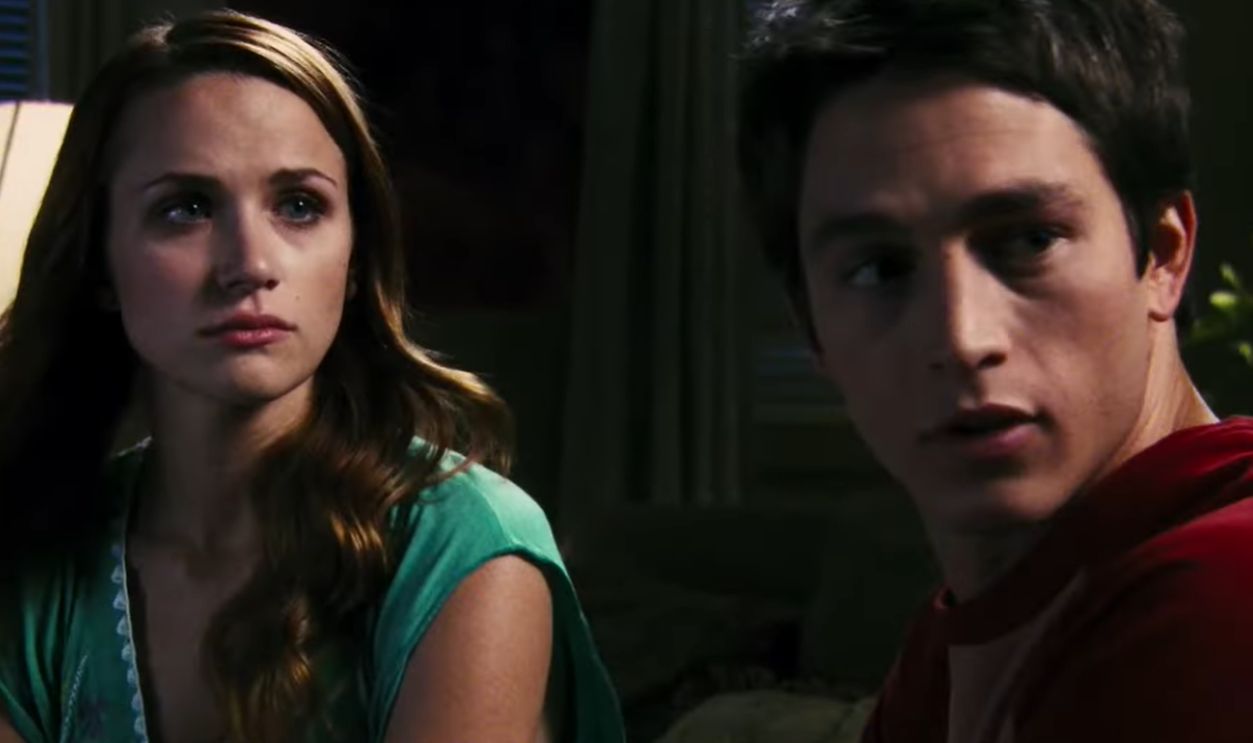 Warner Bros. Pictures, The Final Destination (2009)
Warner Bros. Pictures, The Final Destination (2009)
Rush Hour 3 (Rush Hour Franchise)
Jackie Chan and Chris Tucker's once-explosive chemistry had calcified into tired routine by this third installment. It relocated the action to Paris but forgot to pack any of the wit or inventiveness from prior films. Brett Ratner's direction showed no kinetic energy.
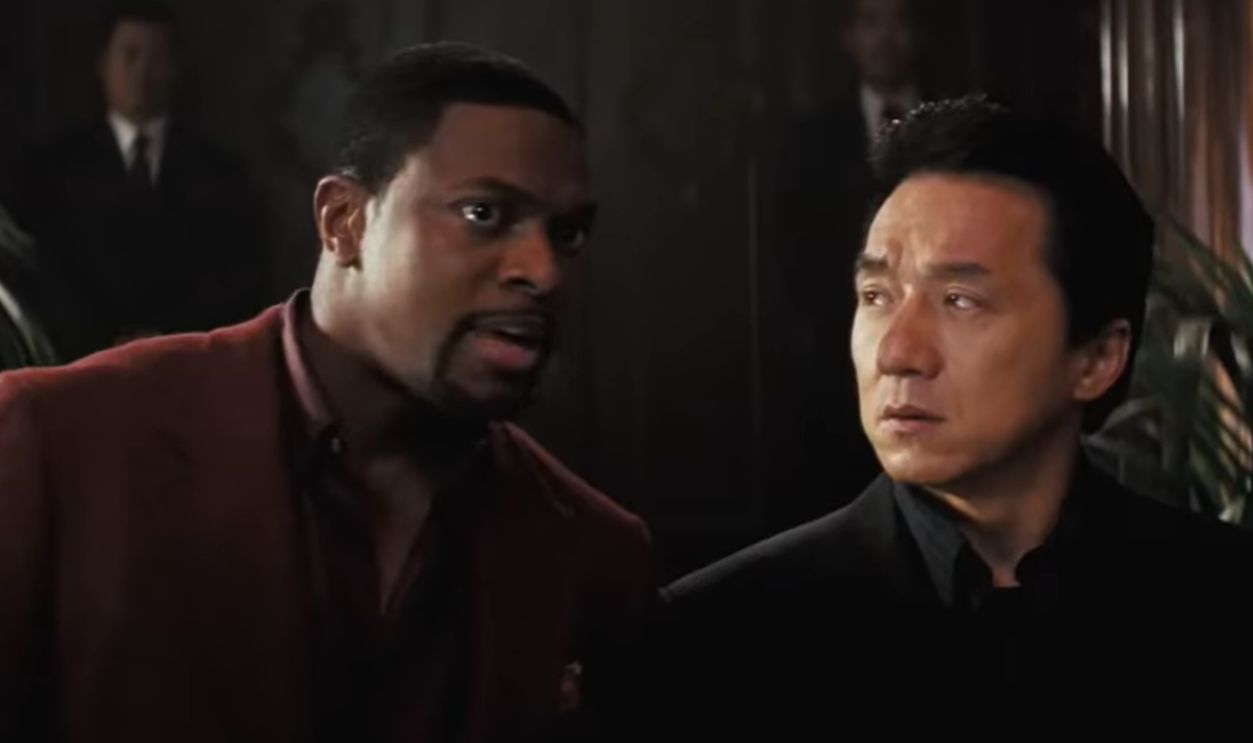 Columbia Pictures, Rush Hour 3 (2009)
Columbia Pictures, Rush Hour 3 (2009)
Rush Hour 3 (Cont.)
All we got were action sequences that felt staged and lifeless despite Chan's legendary stunt work. The comedy had devolved into lazy cultural stereotypes and recycled gags from earlier entries. However, the film's European setting provided gorgeous backdrops for thoroughly uninteresting chase sequences.
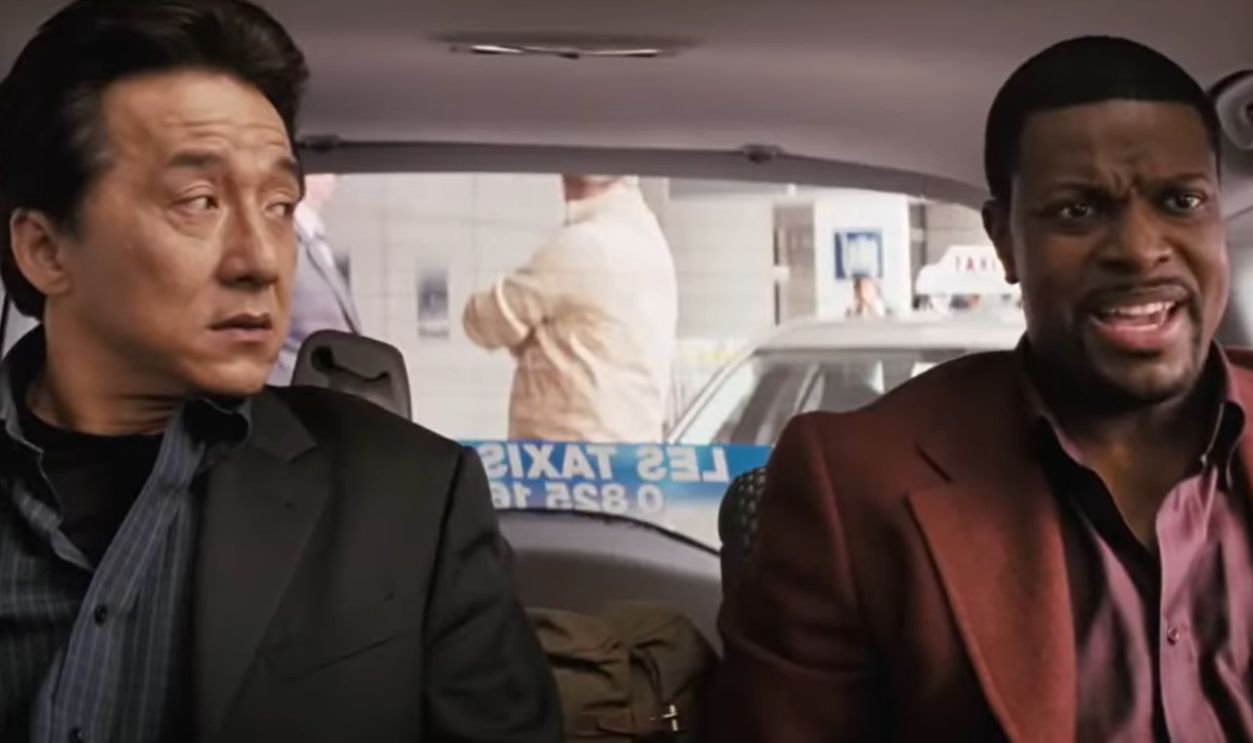 Columbia Pictures, Rush Hour 3 (2009)
Columbia Pictures, Rush Hour 3 (2009)
Terminator Genisys (Terminator Franchise)
Arnold Schwarzenegger's return to his most iconic role couldn't save this convoluted time-travel mess that somehow made the Terminator timeline even more confusing than it already was. The film's 26% critics' score reflected audience frustration with a plot that required flowcharts to follow.
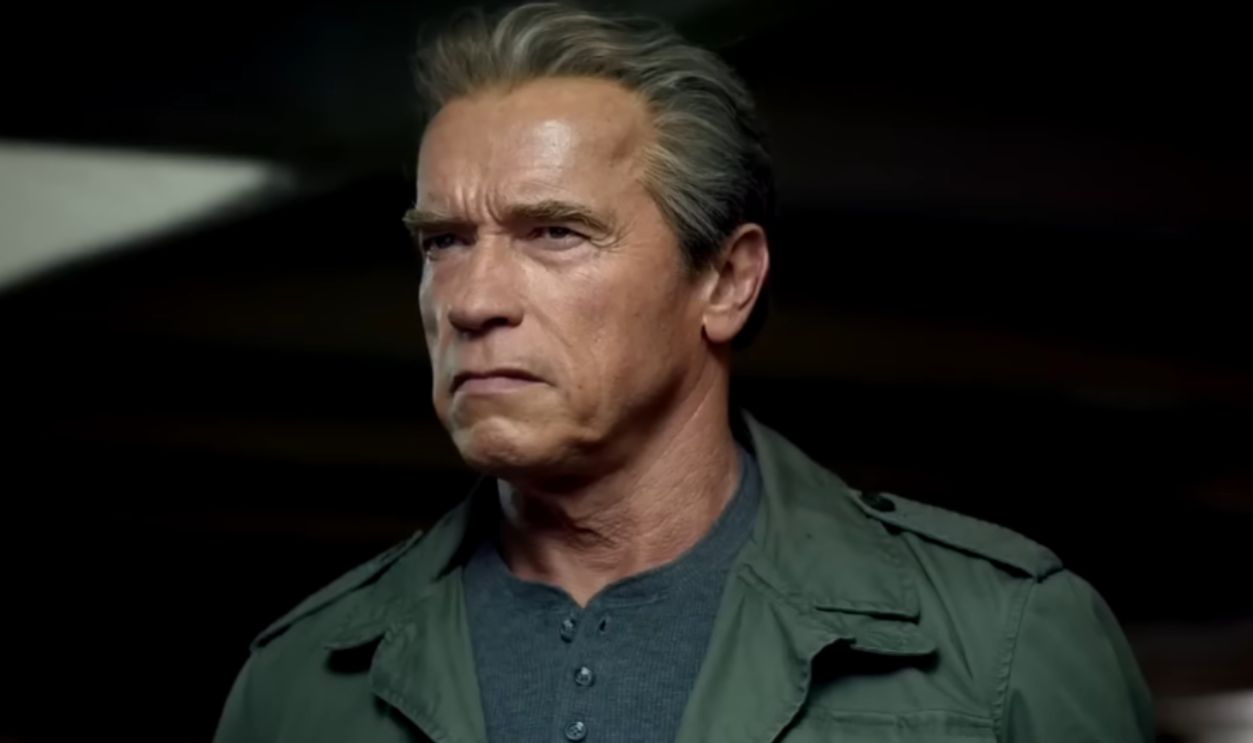 Paramount Pictures, Terminator Genisys (2015)
Paramount Pictures, Terminator Genisys (2015)
Terminator Genisys (Cont.)
Emilia Clarke's Sarah Connor felt like a pale imitation of Linda Hamilton's fierce warrior. Oh, and Alan Taylor's direction lacked the relentless tension that made the original films classics. Practical effects were swapped with unconvincing CGI. Some reviewers stated it was a “two-hour-long insult to my intelligence”.
 Paramount Pictures, Terminator Genisys (2015)
Paramount Pictures, Terminator Genisys (2015)
Aliens Vs Predator: Requiem (Alien Vs Predator Franchise)
Matching 12% scores from critics and audiences rendered this sequel universally despised, with the Strause Brothers somehow making the already disappointing original AVP look competent by comparison. The film's oppressively dark cinematography meant people literally couldn't see the monster action they'd paid to watch.
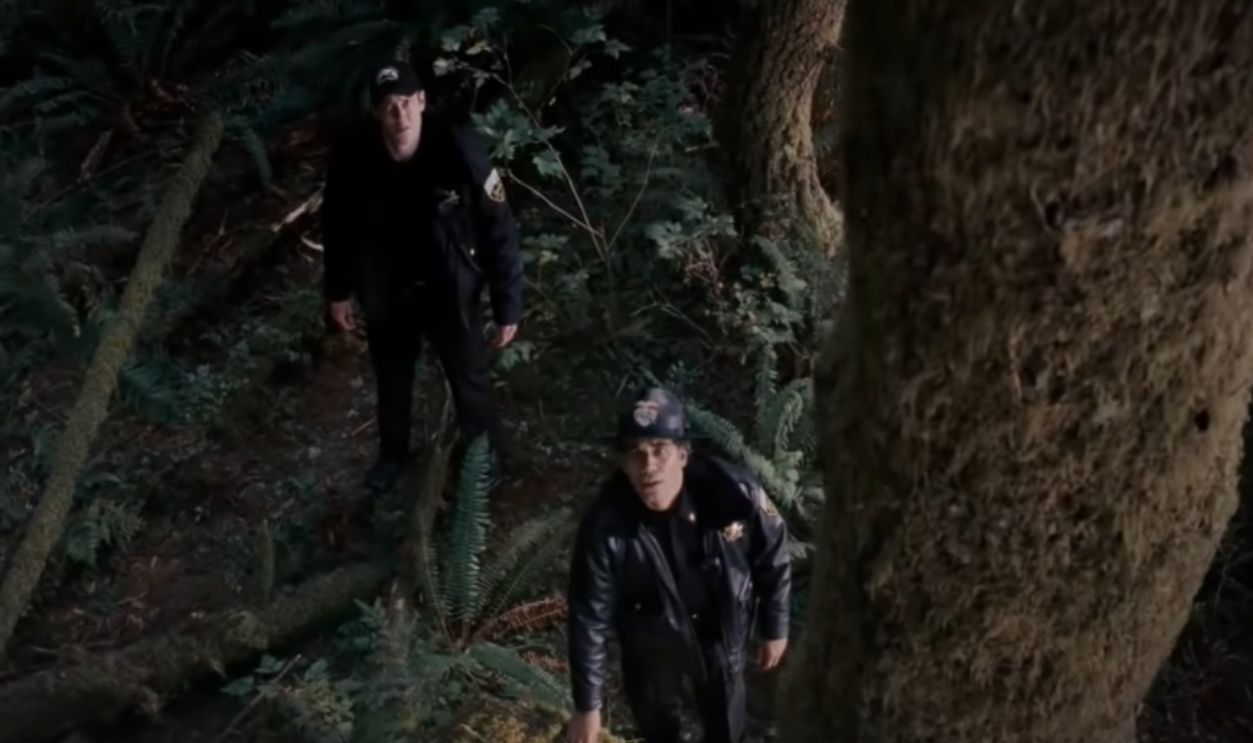 20th Century Studios, Aliens vs. Predator: Requiem (2007)
20th Century Studios, Aliens vs. Predator: Requiem (2007)
Aliens Vs Predator: Requiem (Cont.)
Gore and violence replaced the original atmospheric terror. Then came the R-rating, which promised the brutality missing from its PG-13 predecessor, but delivered only poorly lit carnage that satisfied neither horror fans nor devotees of either creature feature legacy.
 20th Century Studios, Aliens vs. Predator: Requiem (2007)
20th Century Studios, Aliens vs. Predator: Requiem (2007)
Transformers: The Last Knight (Transformers Franchise)
Arthurian legend and World War II somehow became part of robot mythology in Michael Bay's final, mercifully conclusive entry to his Transformers saga. The 149-minute runtime felt punitive, cramming every half-baked concept from four previous films into one spectacular mess that made giant robots tedious.
 Paramount Pictures, Transformers: The Last Knight (2017)
Paramount Pictures, Transformers: The Last Knight (2017)
Transformers: The Last Knight (Cont.)
Mark Wahlberg returned as the least charismatic everyman hero in blockbuster history, while Bay's trademark explosion-heavy direction had devolved into incomprehensible noise. User reviews frequently criticize its incoherent, convoluted plot and excessive use of special effects over storytelling.
 Paramount Pictures, Transformers: The Last Knight (2017)
Paramount Pictures, Transformers: The Last Knight (2017)
The Hobbit: The Battle Of The Five Armies (The Lord Of The Rings Franchise)
Peter Jackson's decision to stretch Tolkien's slim children's book into a bloated trilogy reached its inevitable conclusion with this effects-heavy finale. The film's 59% critics' score mirrored a dramatic decline from the critical acclaim of the first Lord of the Rings trilogy.
 Warner Bros. Pictures, The Hobbit: The Battle Of The Five Armies (2014)
Warner Bros. Pictures, The Hobbit: The Battle Of The Five Armies (2014)
The Hobbit: The Battle Of The Five Armies (Cont.)
Viewers felt exhausted by battle sequences that seemed longer than actual medieval conflicts. High frame rate technology made everything look like a video game cutscene. The padding required to stretch a short book into three films became impossible to ignore as characters delivered exposition between action sequences.
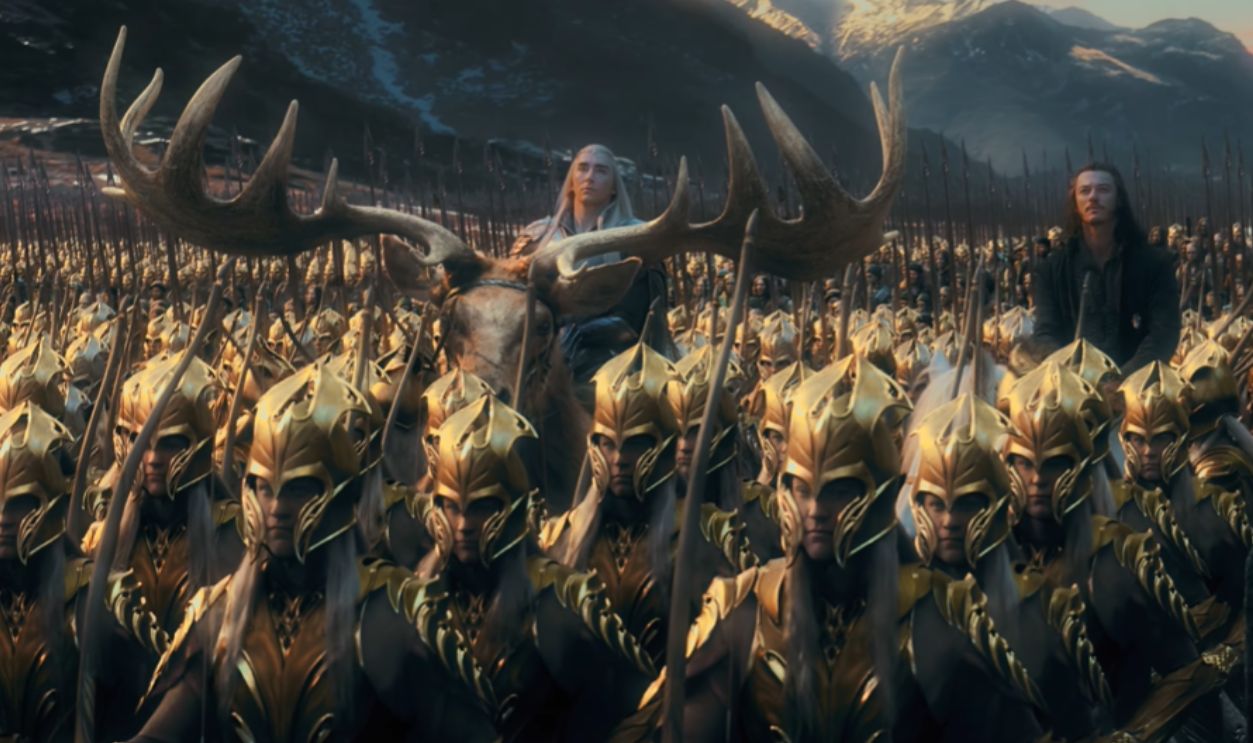 Warner Bros. Pictures, The Hobbit: The Battle Of The Five Armies (2014)
Warner Bros. Pictures, The Hobbit: The Battle Of The Five Armies (2014)
Pirates Of The Caribbean: On Stranger Tides (Pirates Of The Caribbean Franchise)
Johnny Depp's Jack Sparrow had become a caricature of himself by this fourth installment, with the eccentric pirate's quirks feeling forced rather than naturally charming. The absence of Orlando Bloom and Keira Knightley left everyone with expensive set pieces that lacked emotional resonance.
 Walt Disney Studios Motion Pictures, Pirates Of The Caribbean: On Stranger Tides (2011)
Walt Disney Studios Motion Pictures, Pirates Of The Caribbean: On Stranger Tides (2011)
Pirates Of The Caribbean: On Stranger Tides (Cont.)
Director Rob Marshall replaced Gore Verbinski's swashbuckling energy with leaden pacing. Even the mermaid attacks feel tedious. It holds a 32% critic score on Rotten Tomatoes and a Metacritic score of 45/100, indicating mixed or average reviews.
 Walt Disney Studios Motion Pictures, Pirates Of The Caribbean: On Stranger Tides (2011)
Walt Disney Studios Motion Pictures, Pirates Of The Caribbean: On Stranger Tides (2011)
X-Men Origins: Wolverine (X-Men Franchise)
The character who stole every scene in the original X-Men trilogy deserved better than this butchered solo outing. Leaked workprint footage revealed unfinished special effects months before release, but audiences discovered the real effects weren't much better, with Wolverine's claws looking like plastic toys.
 20th Century Fox, X-Men Origins: Wolverine (2009)
20th Century Fox, X-Men Origins: Wolverine (2009)
X-Men Origins: Wolverine (Cont.)
Hugh Jackman's passionate performance couldn't overcome a script that reduced complex mutant mythology to generic action movie cliches. The film's treatment of beloved characters like Gambit and Cyclops felt rushed and superficial, while the infamous Two-Face-style Deadpool betrayed everything fans loved about the Merc with a Mouth.
 20th Century Fox, X-Men Origins: Wolverine (2009)
20th Century Fox, X-Men Origins: Wolverine (2009)
Mission: Impossible II (Mission: Impossible Franchise)
This film's 57% critics' score represented the franchise's lowest point, with folks expecting some intricate heist plots and team dynamics. John Woo's slow-motion obsessed sequel turned Ethan Hunt's impossible missions into a generic action movie filled with motorcycle chases and dove symbolism.
 Paramount Pictures, Mission: Impossible II (2000)
Paramount Pictures, Mission: Impossible II (2000)
Mission: Impossible II (Cont.)
Tom Cruise's hair alone became a meme. The film's two-hour runtime was padded with endless shots of motorcycles spinning in mid-air and Thandiwe Newton's character serving as little more than a plot device. The movie abandoned the cerebral puzzles and impossible infiltrations.
 Paramount Pictures, Mission: Impossible II (2000)
Paramount Pictures, Mission: Impossible II (2000)

